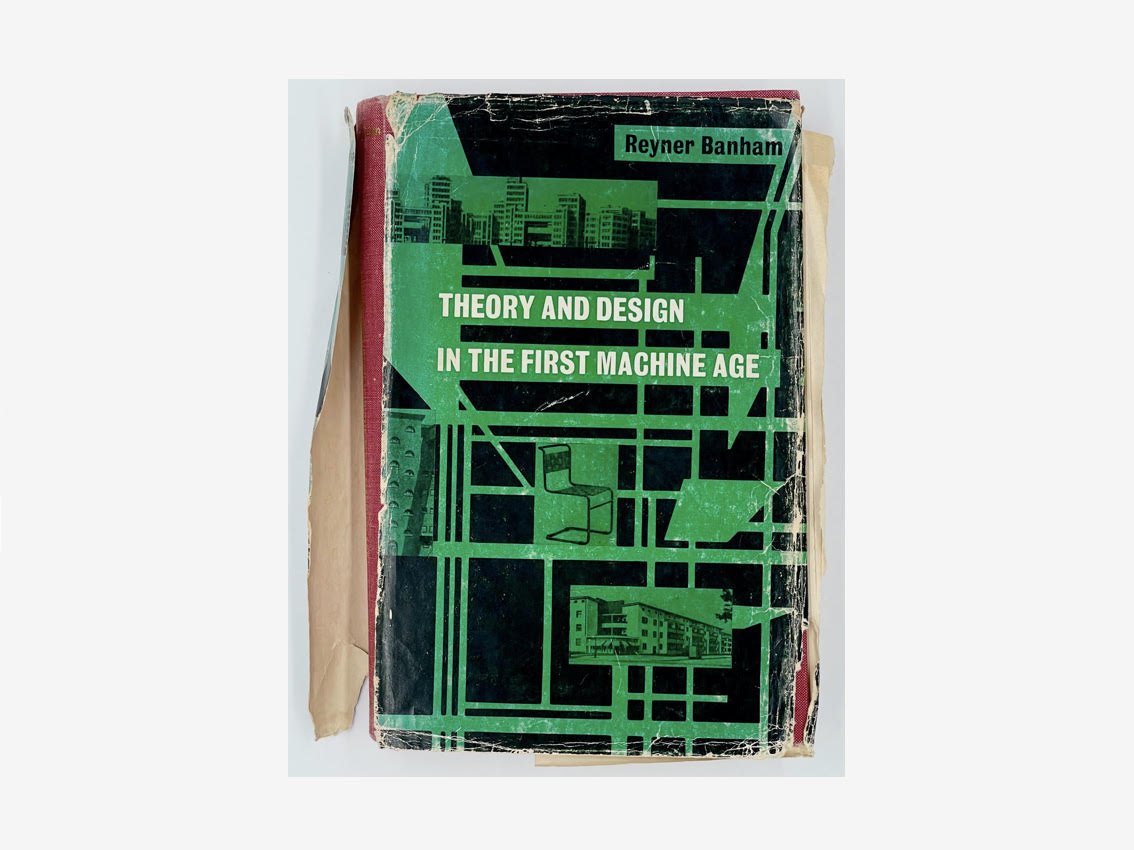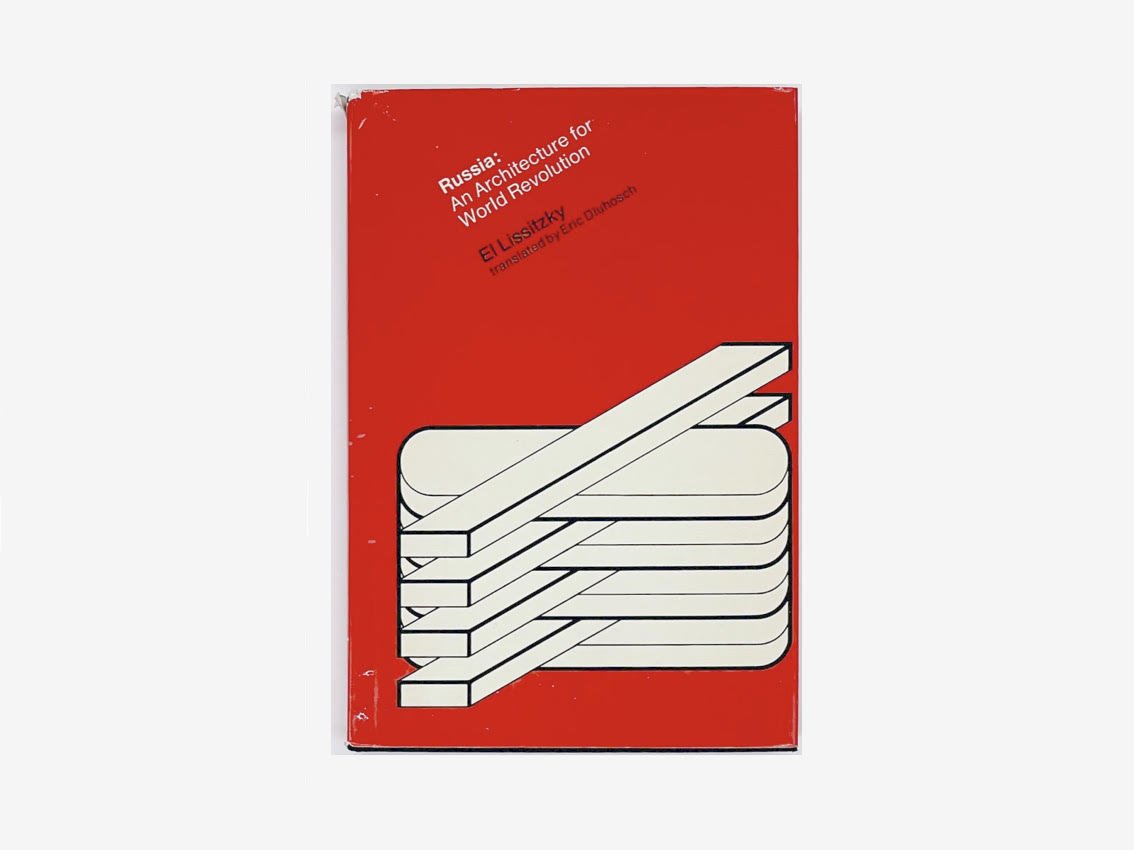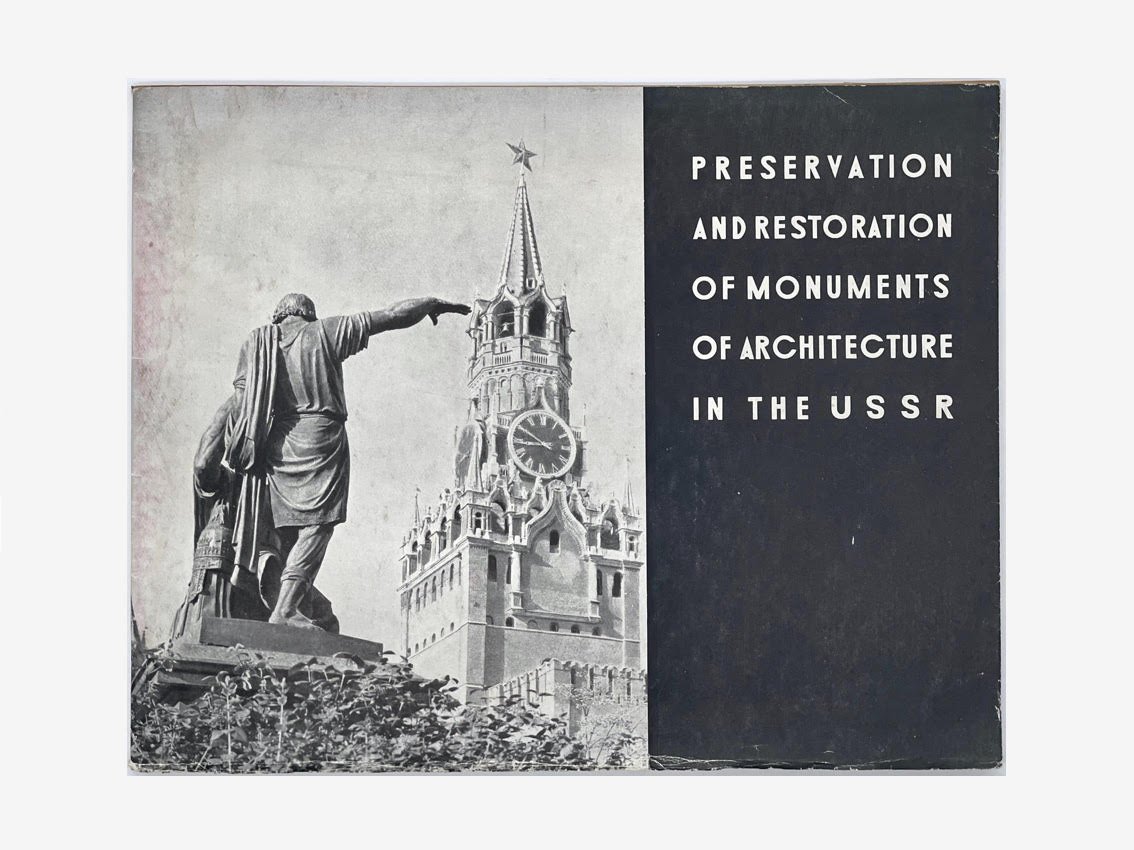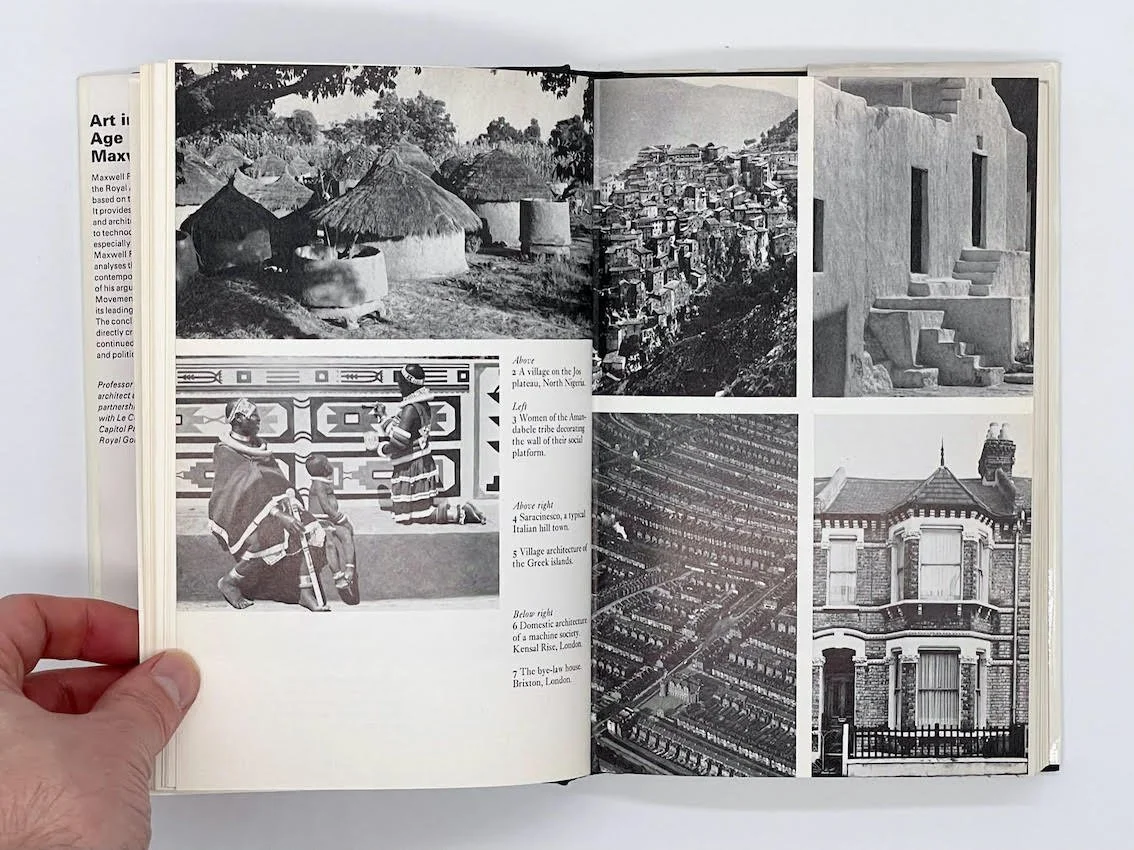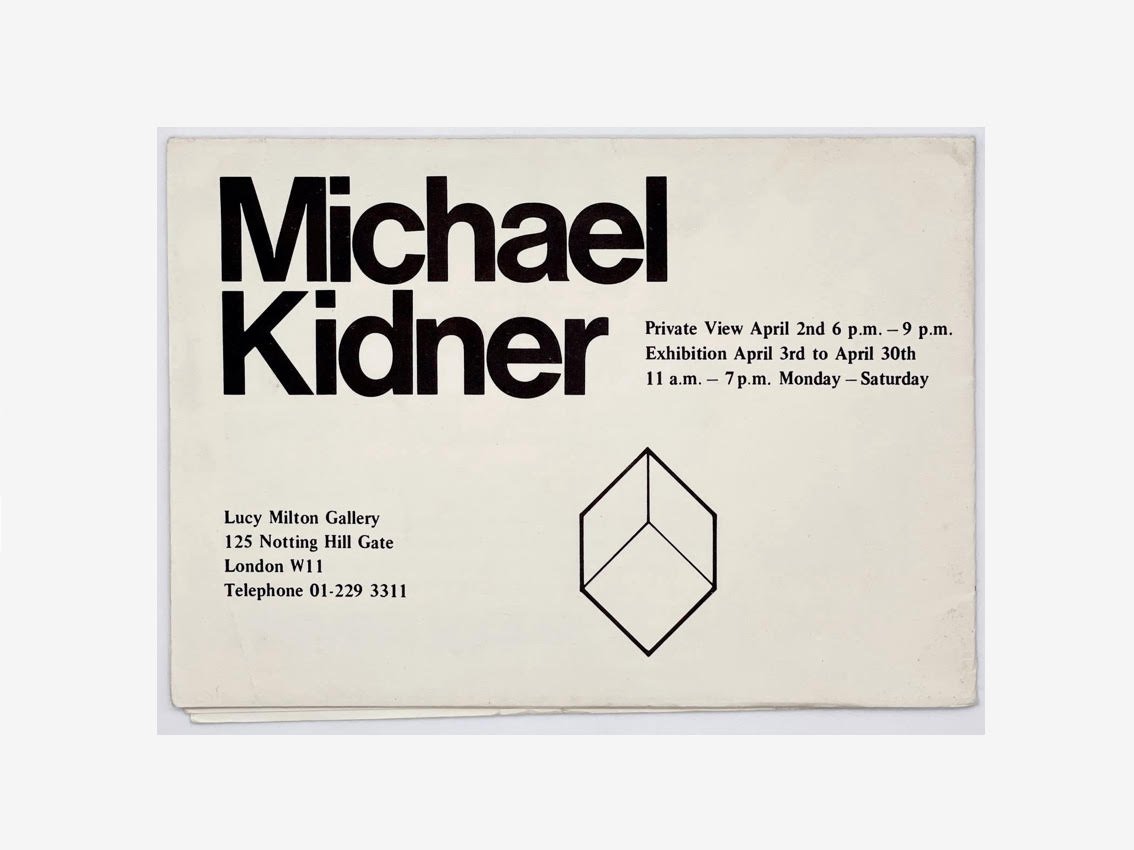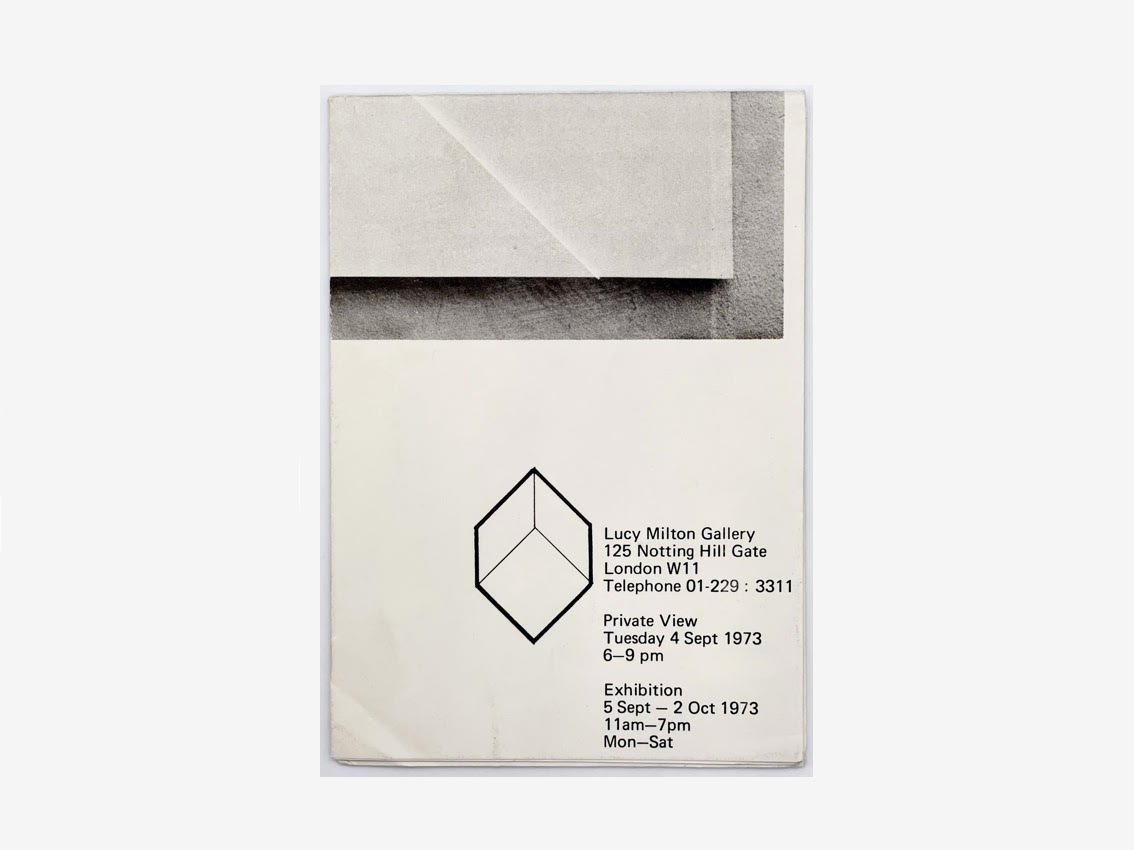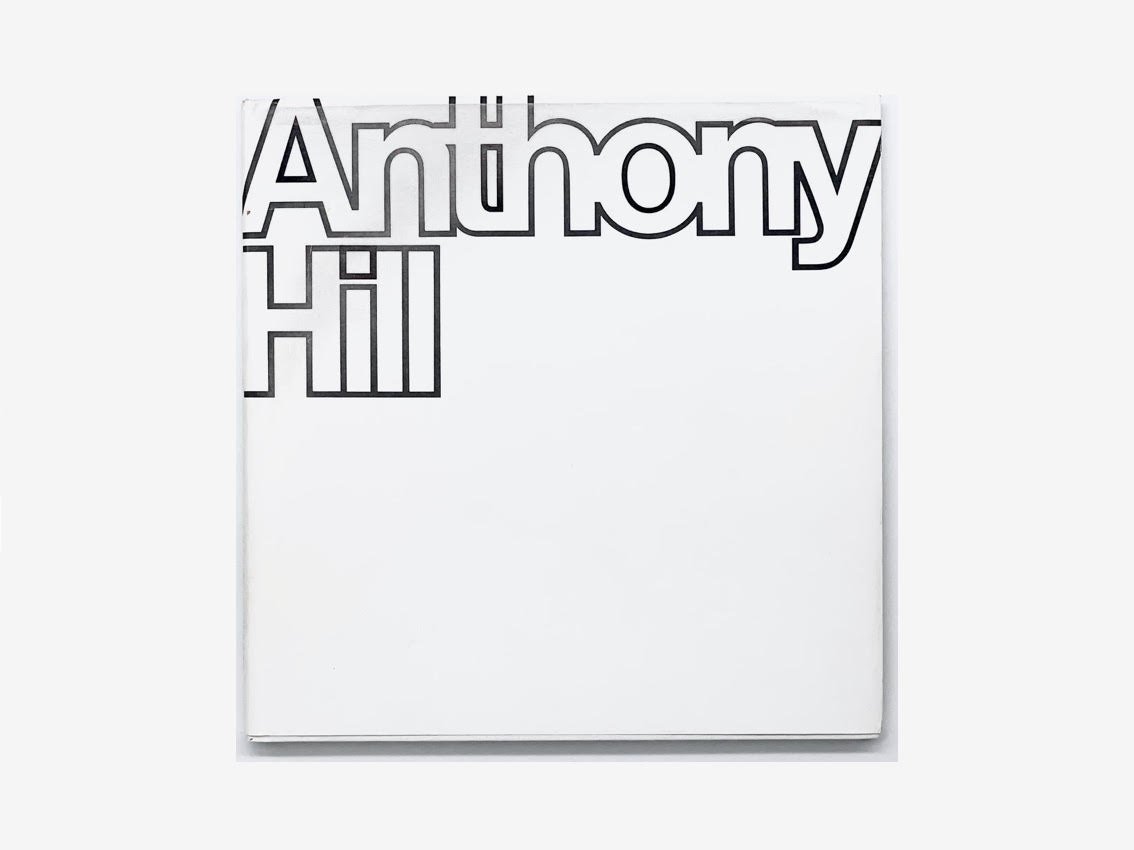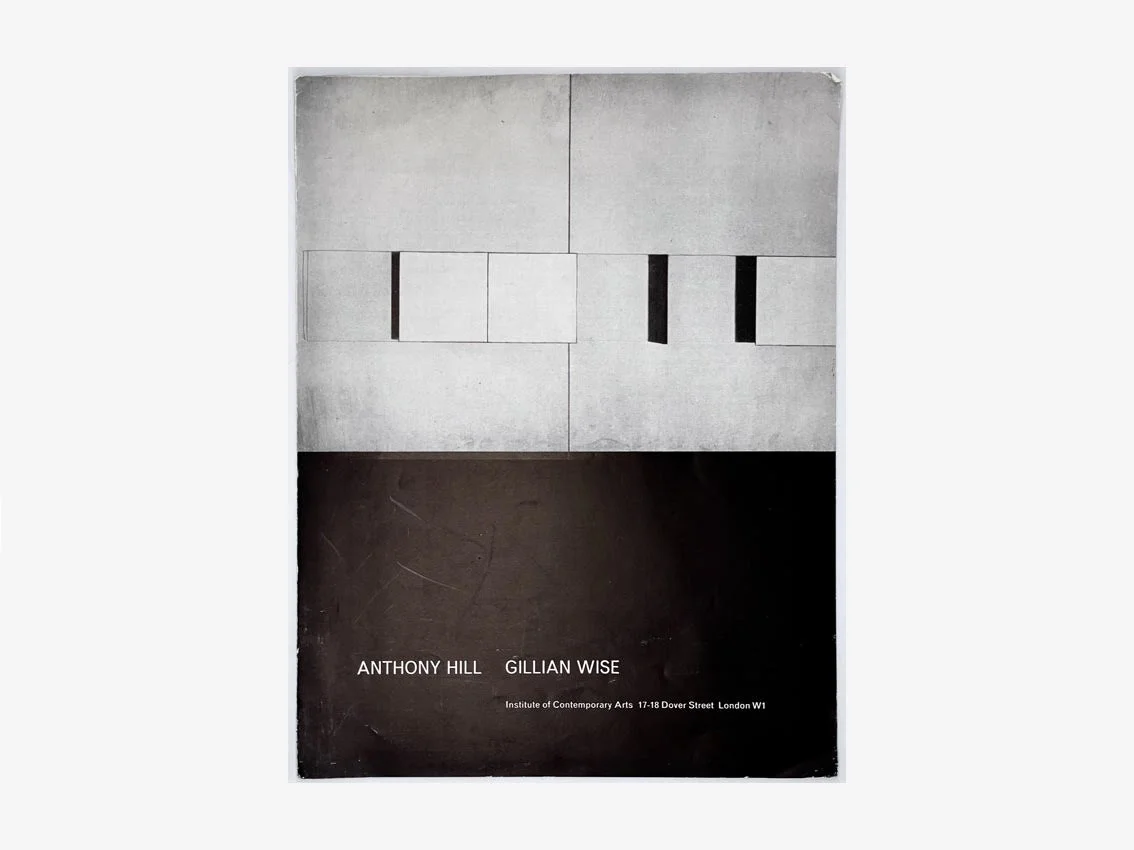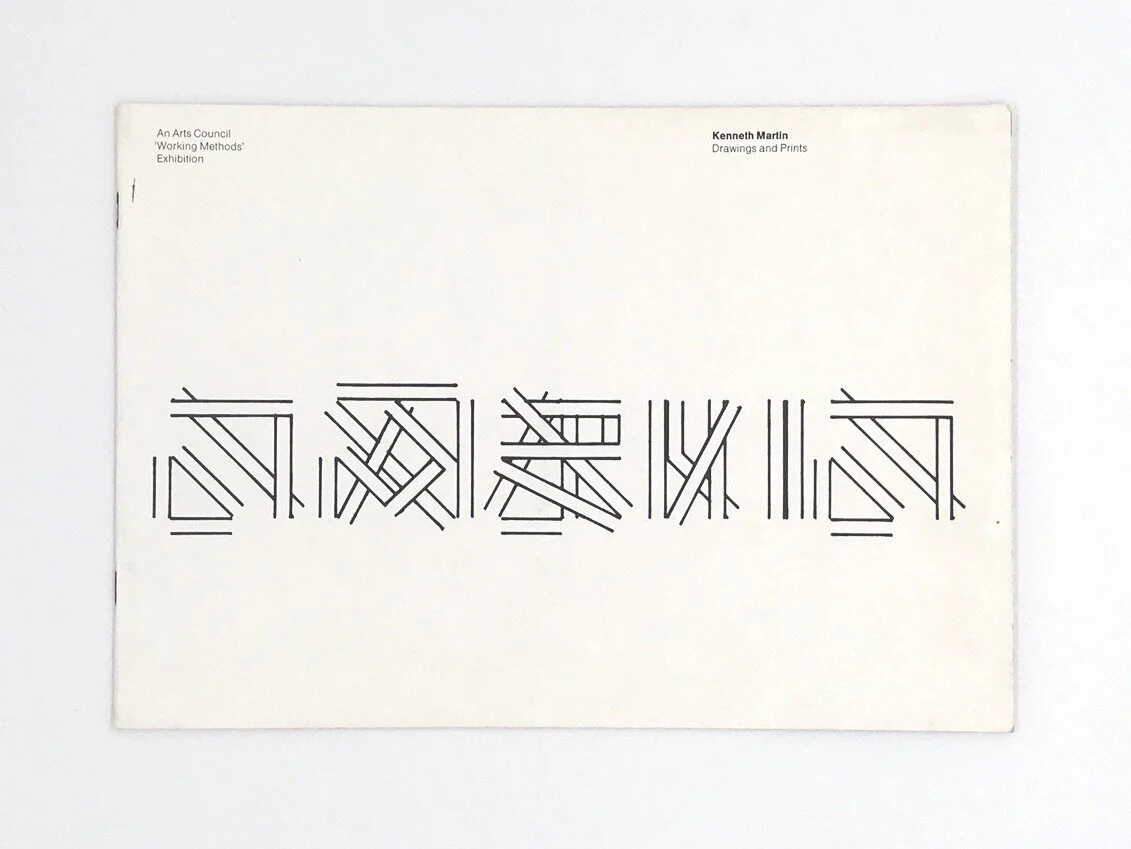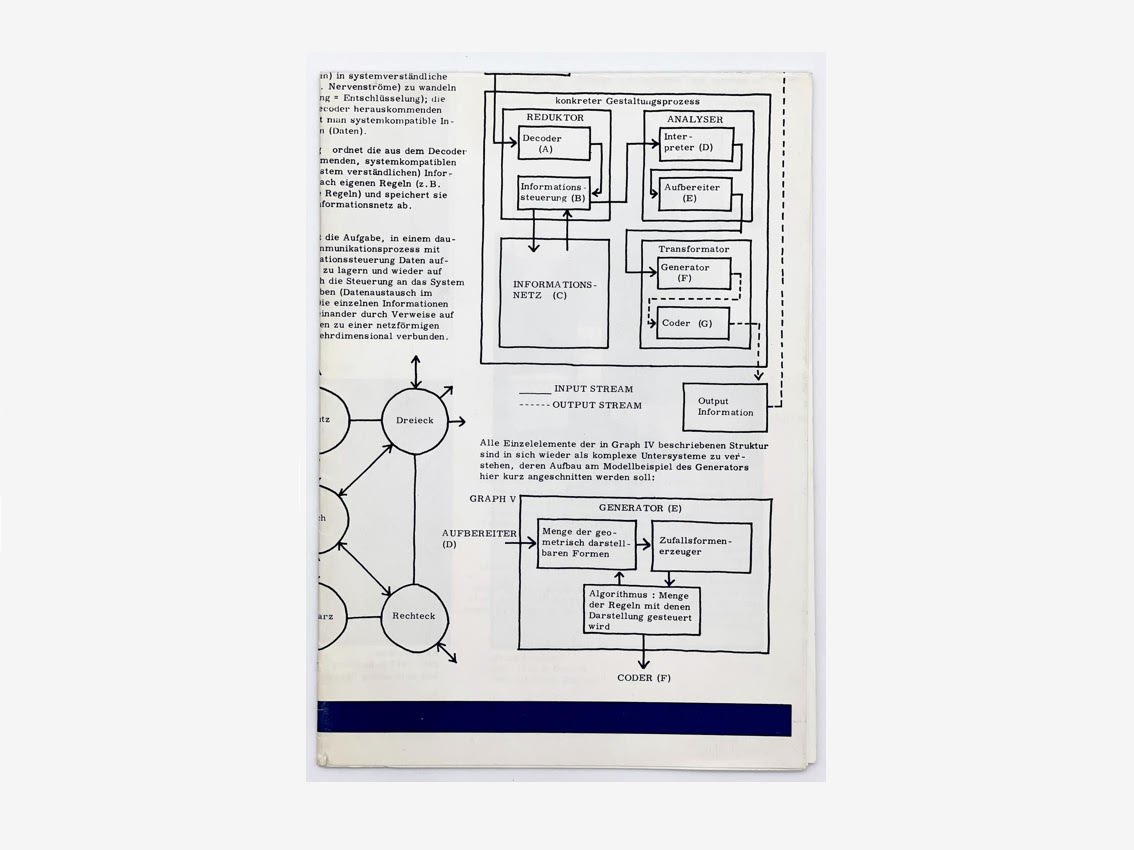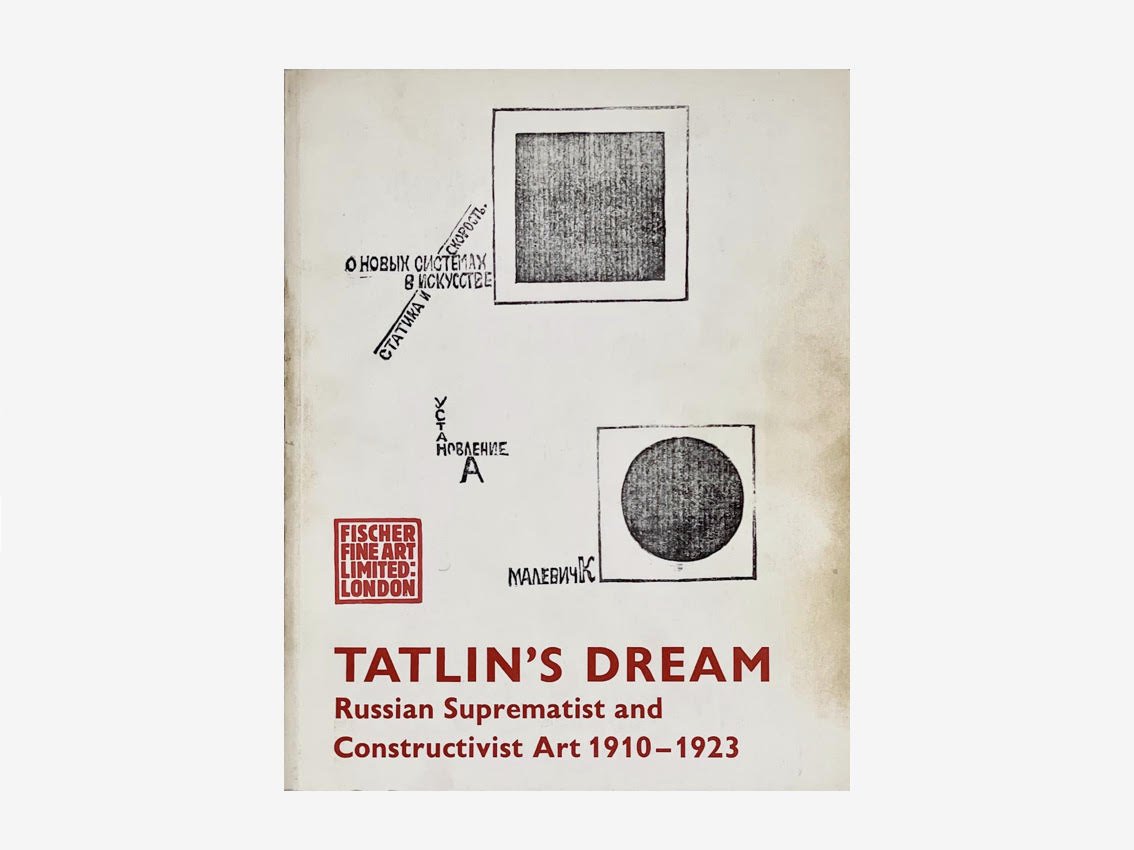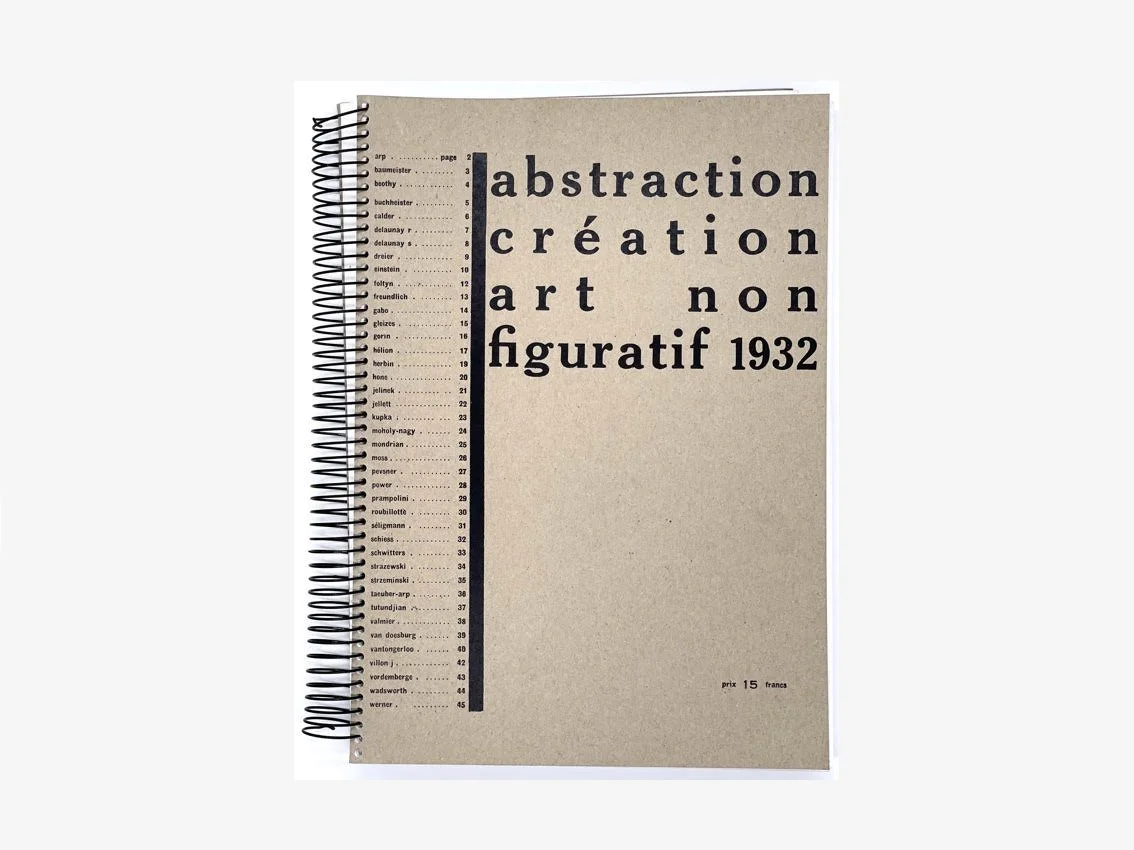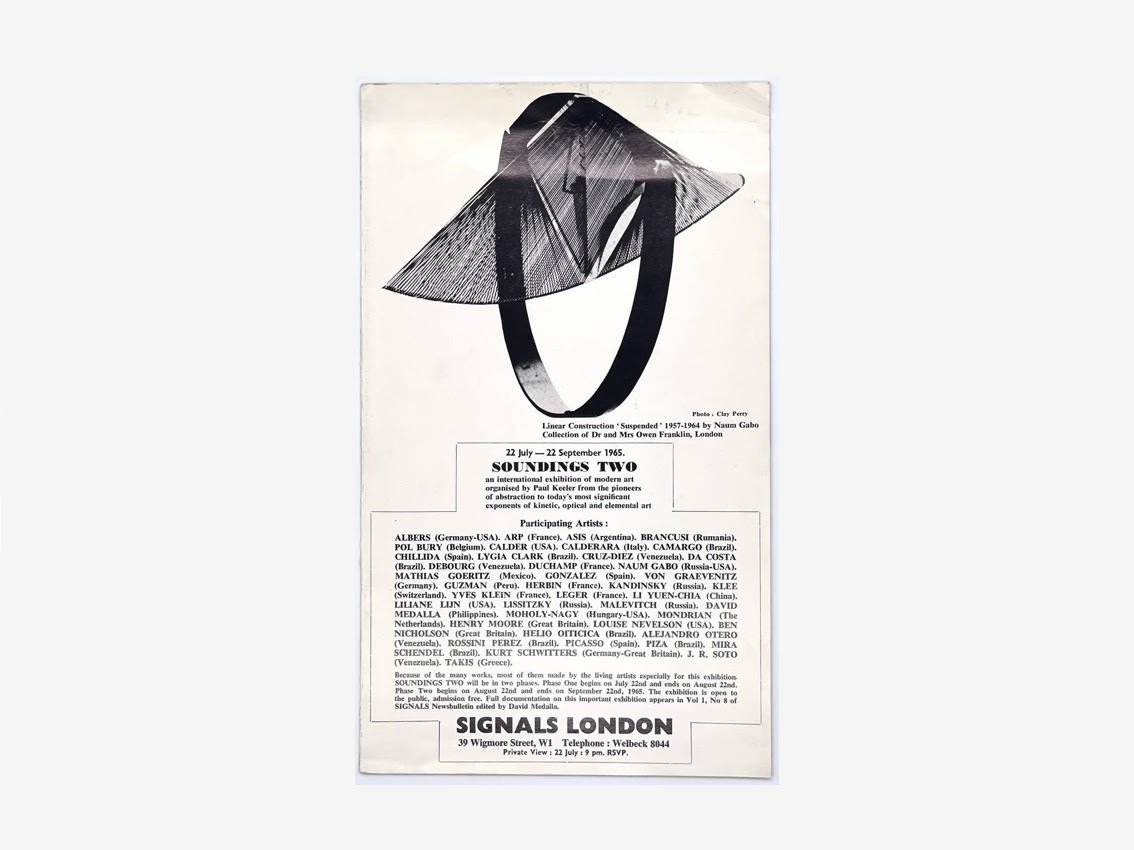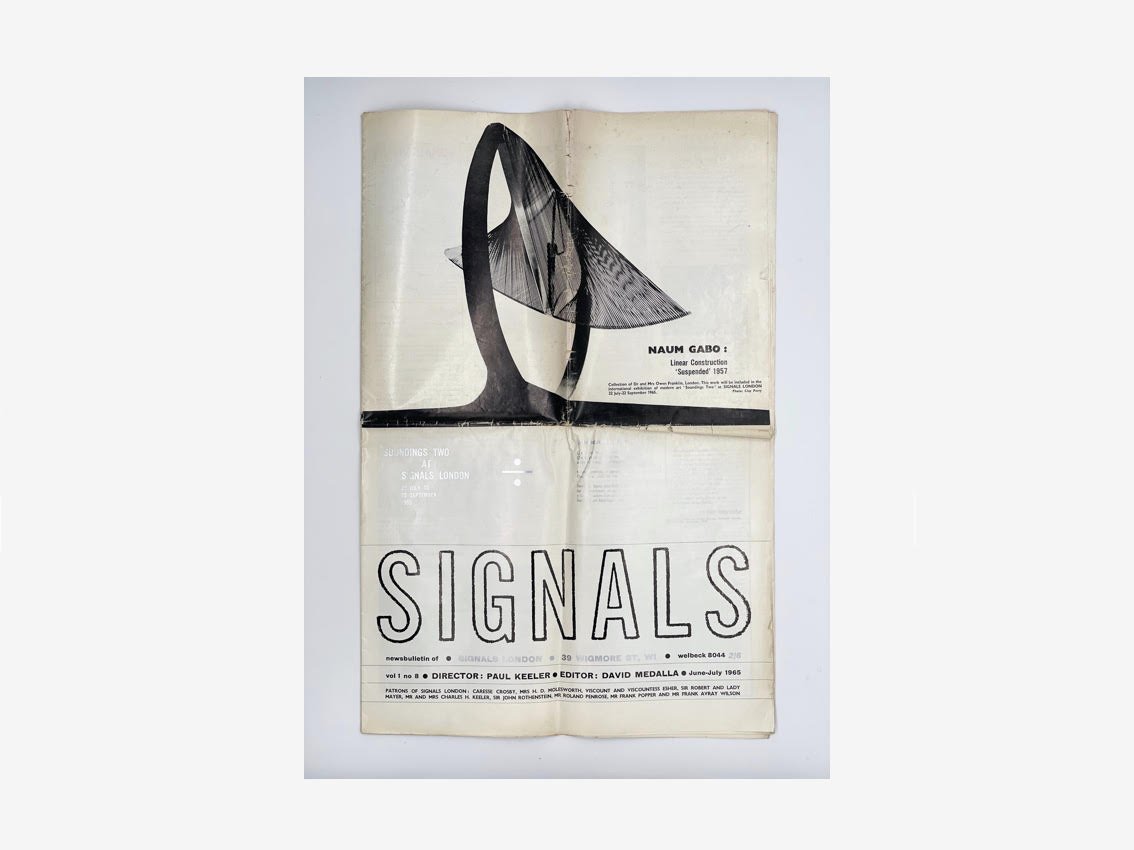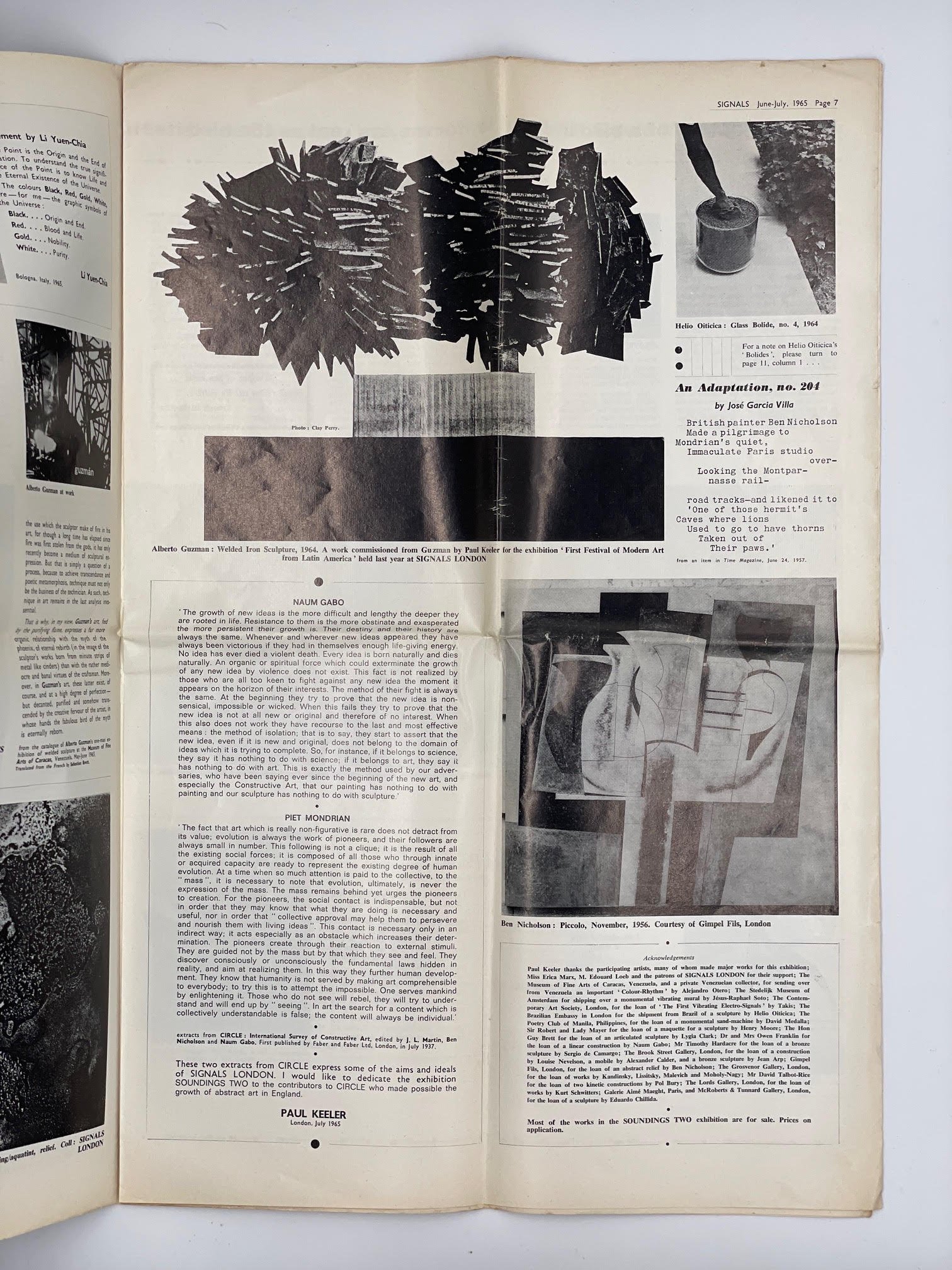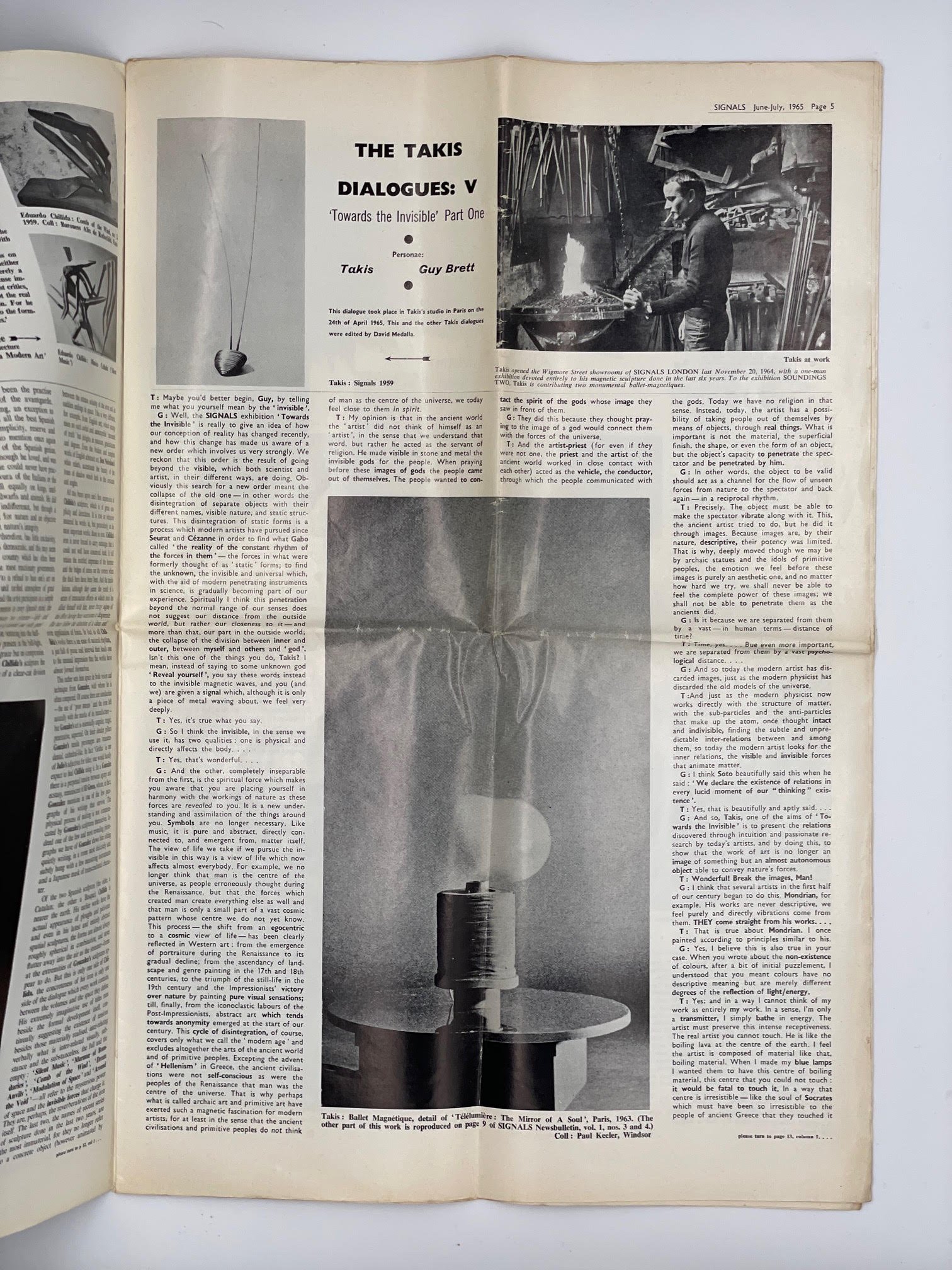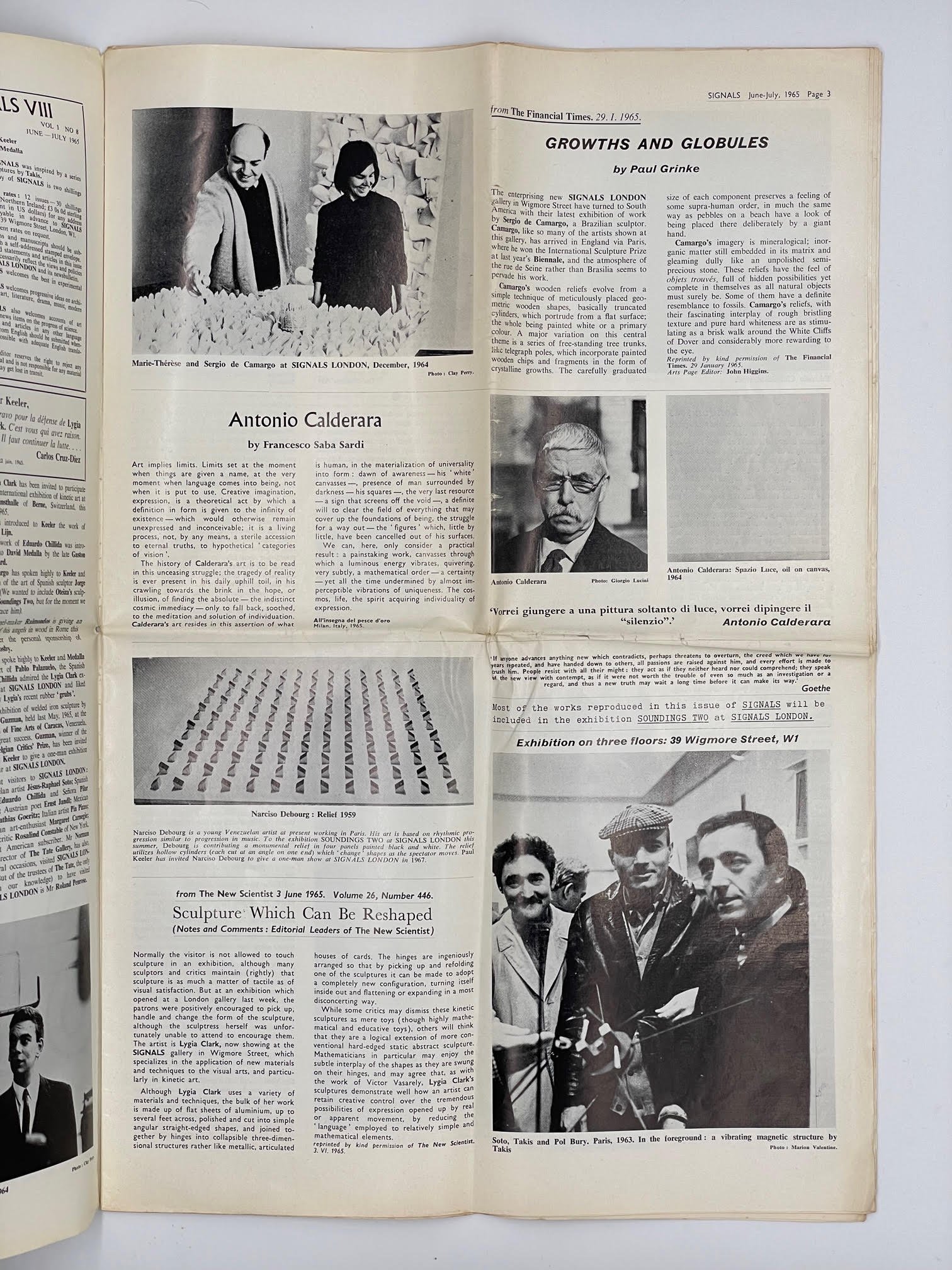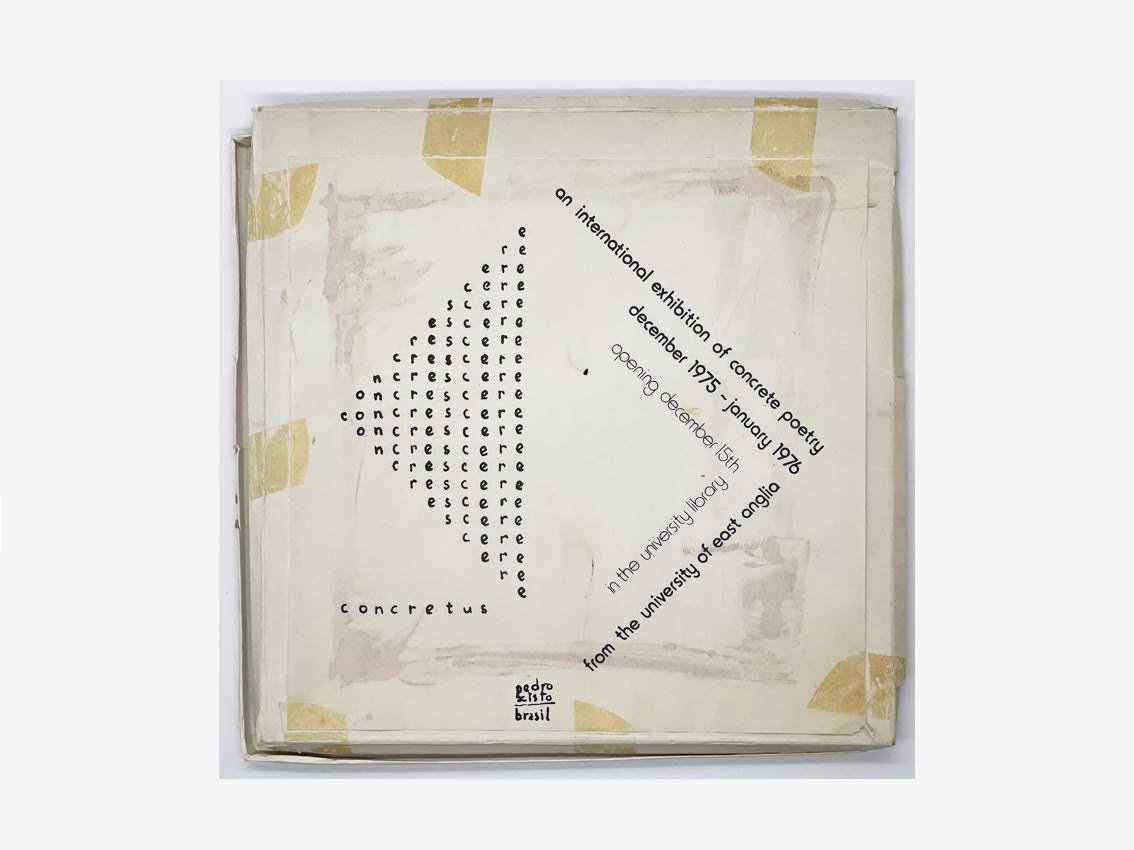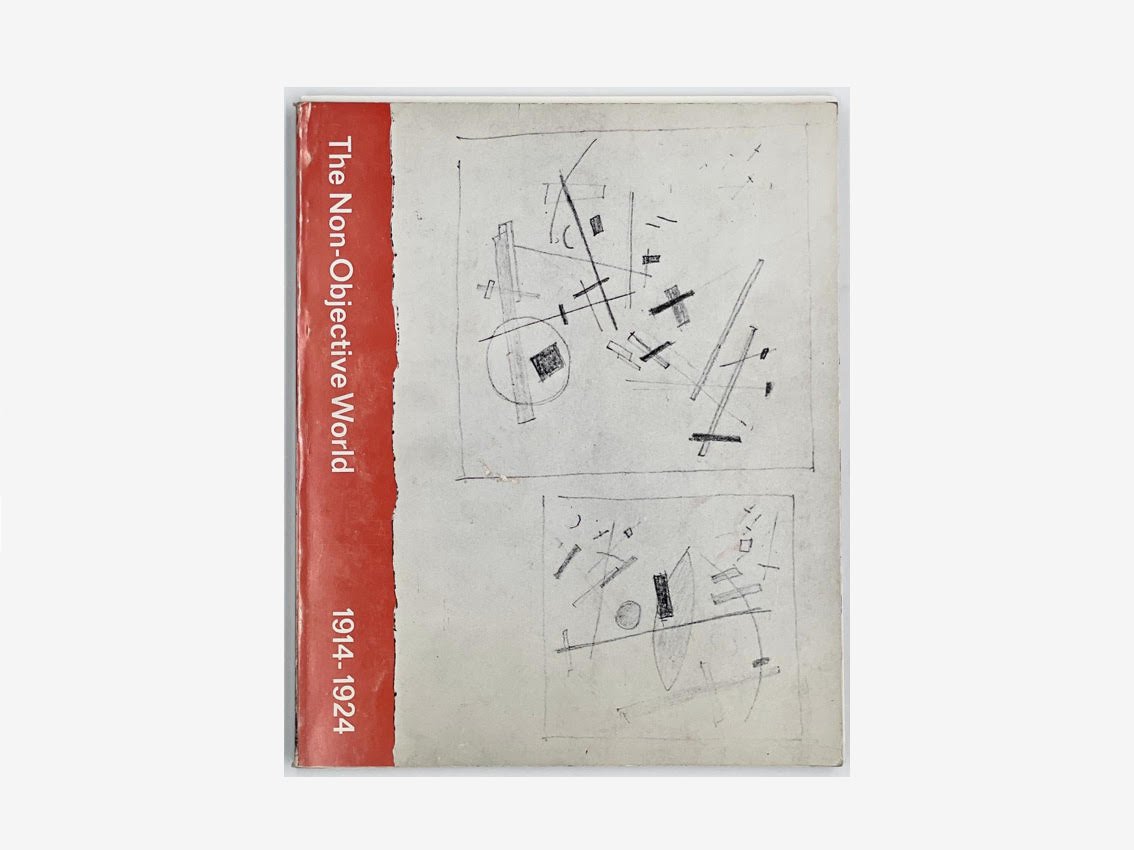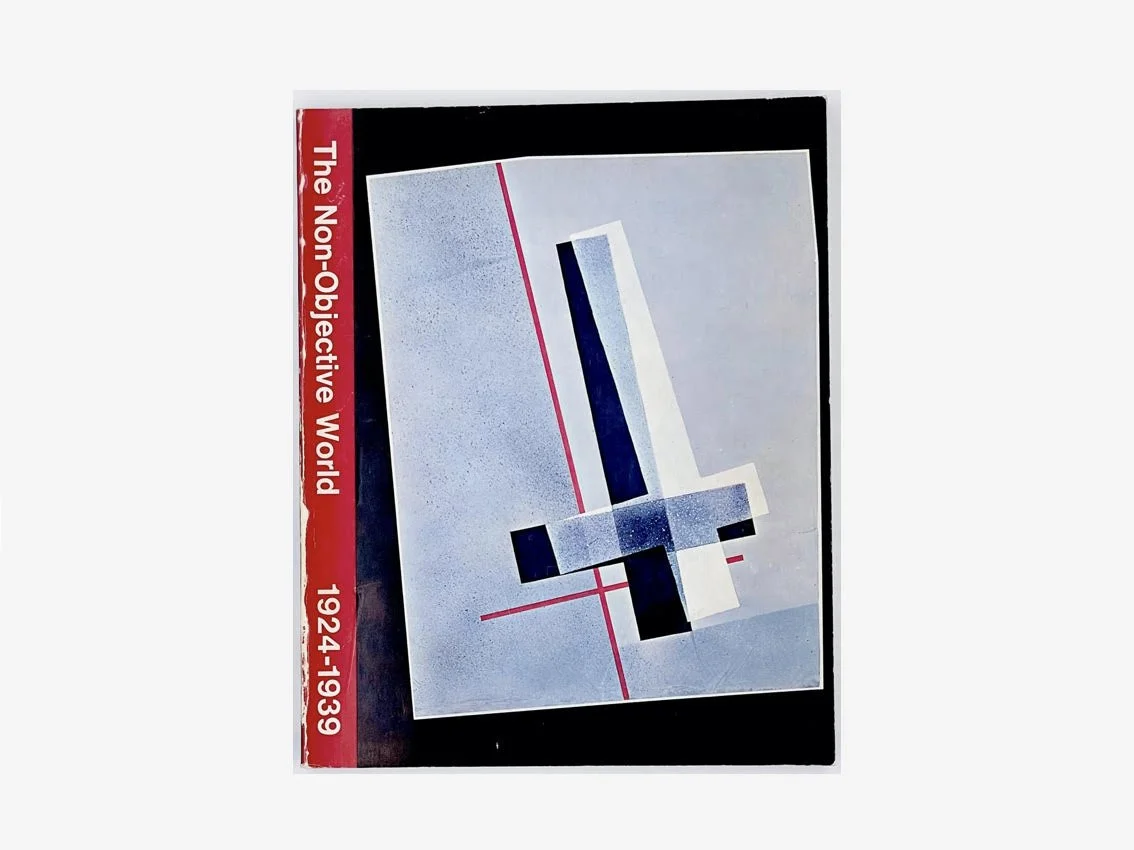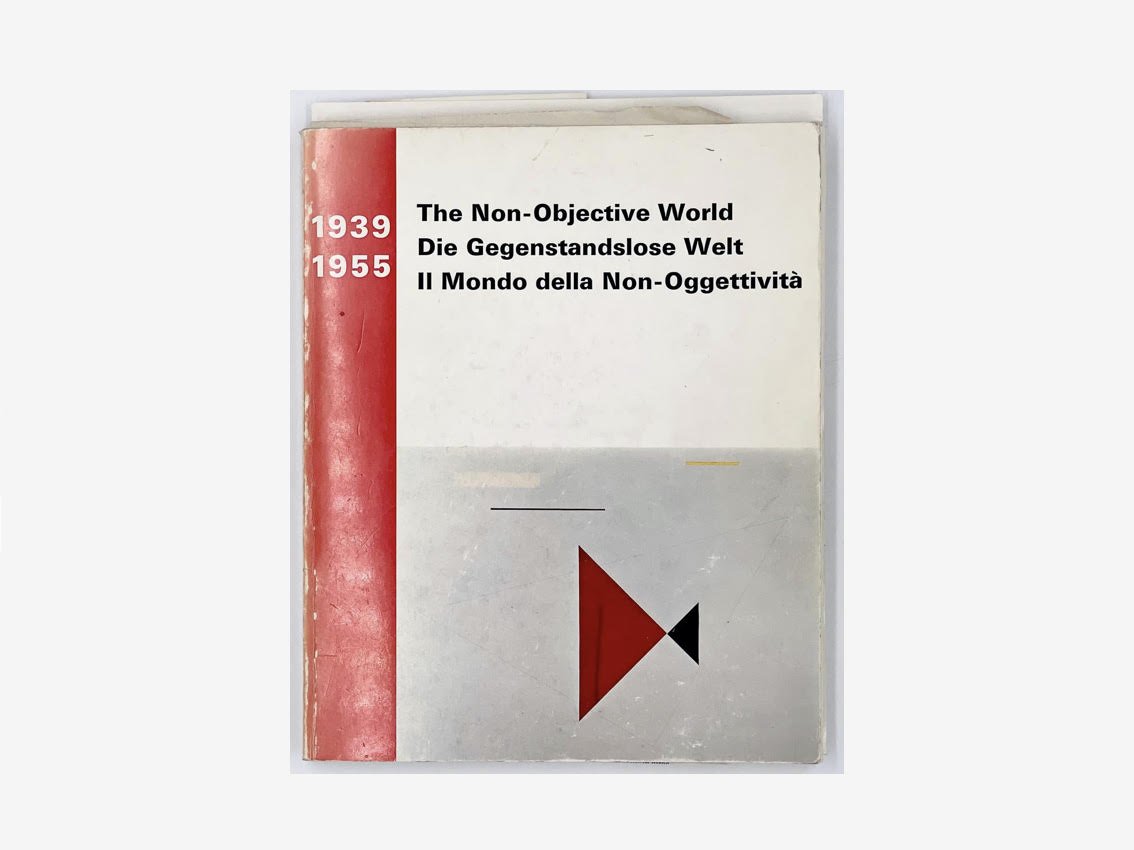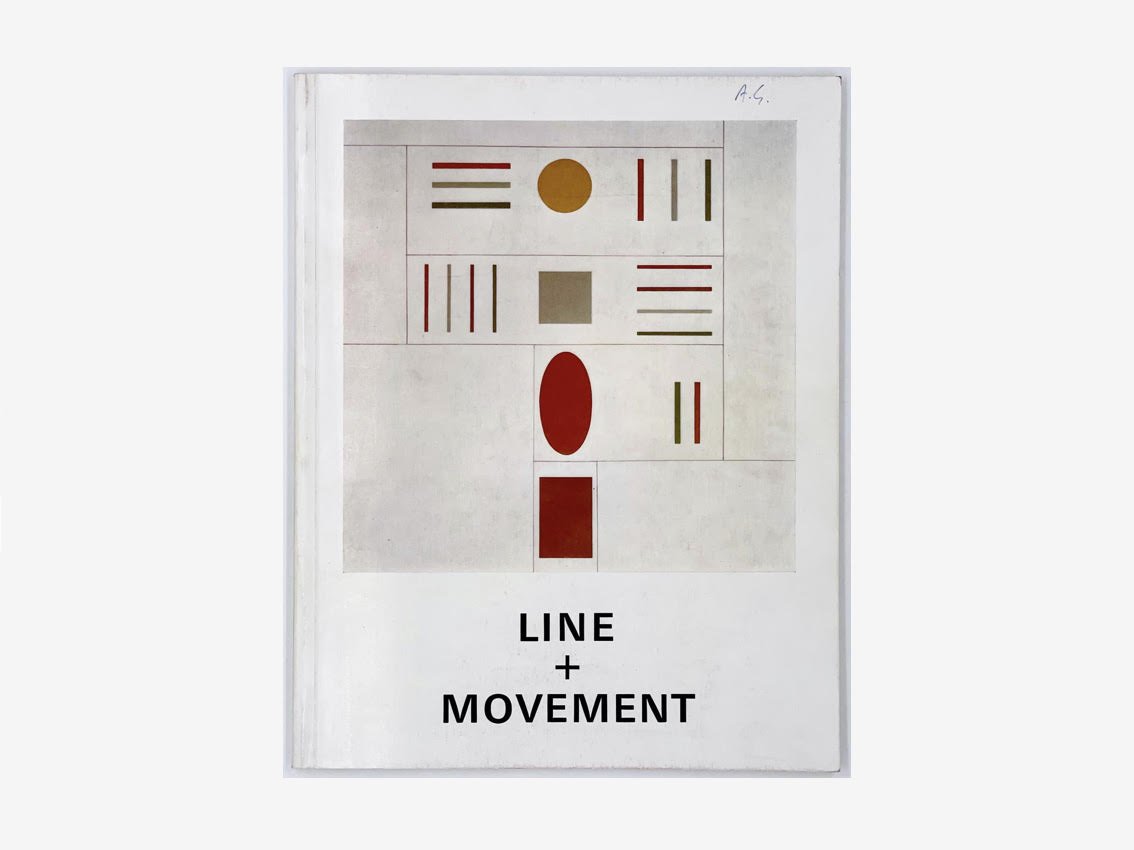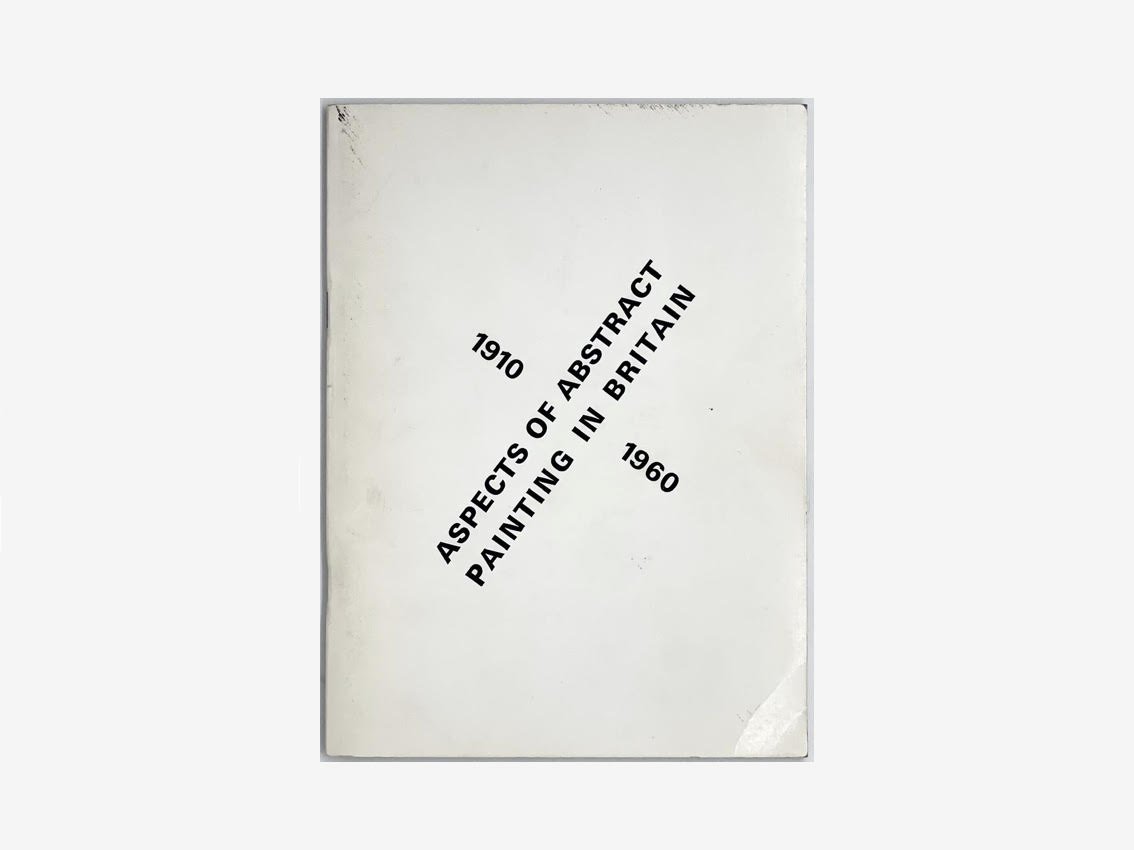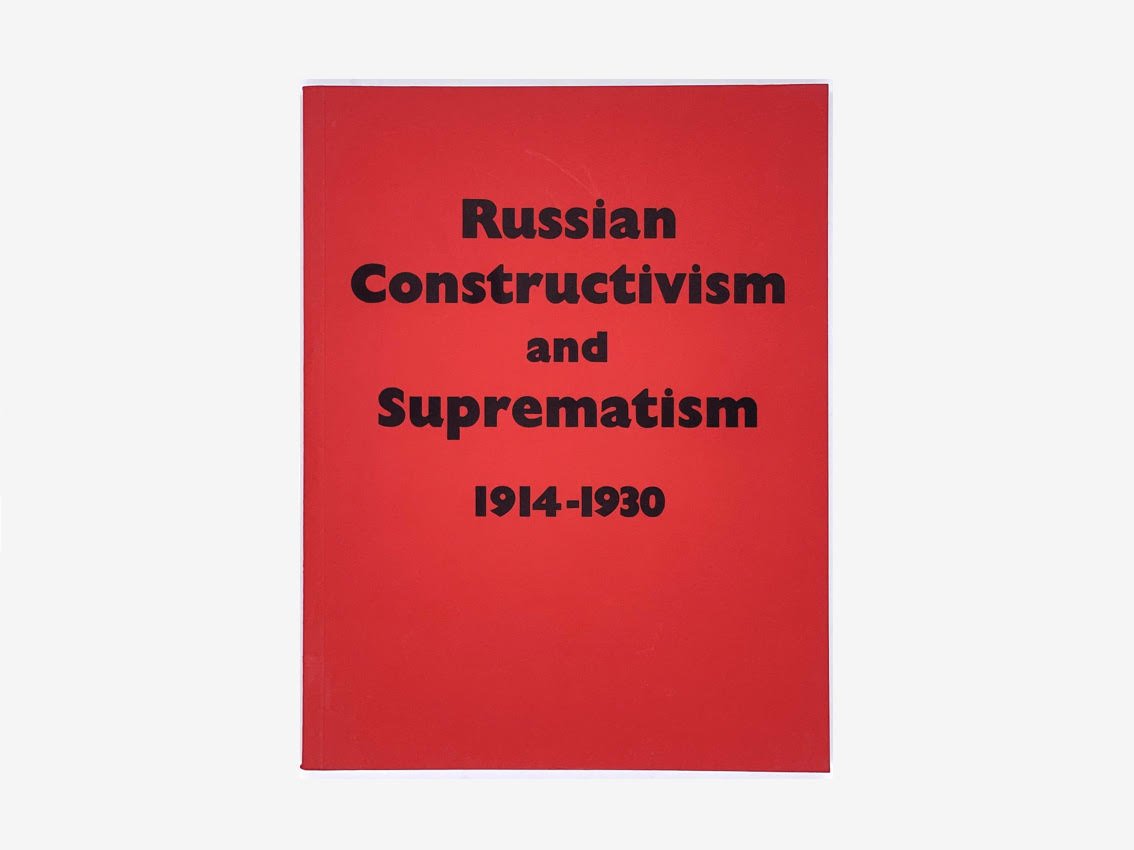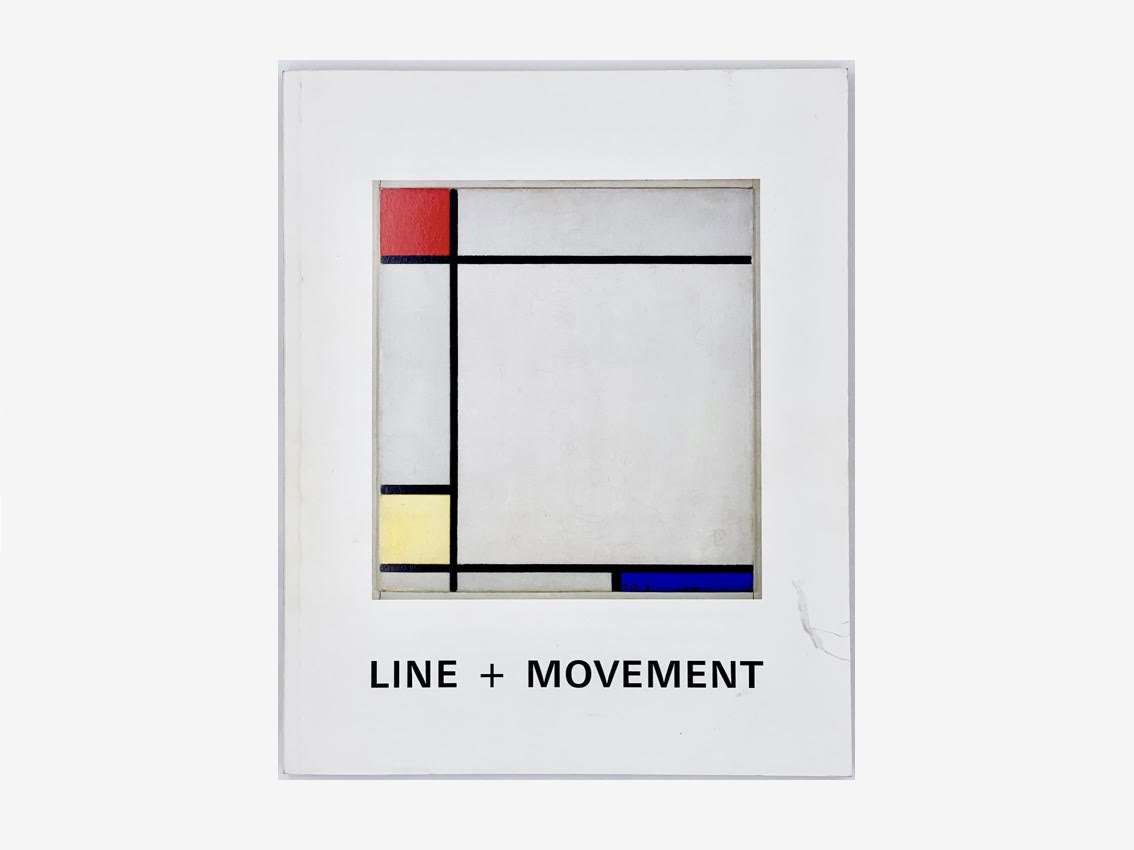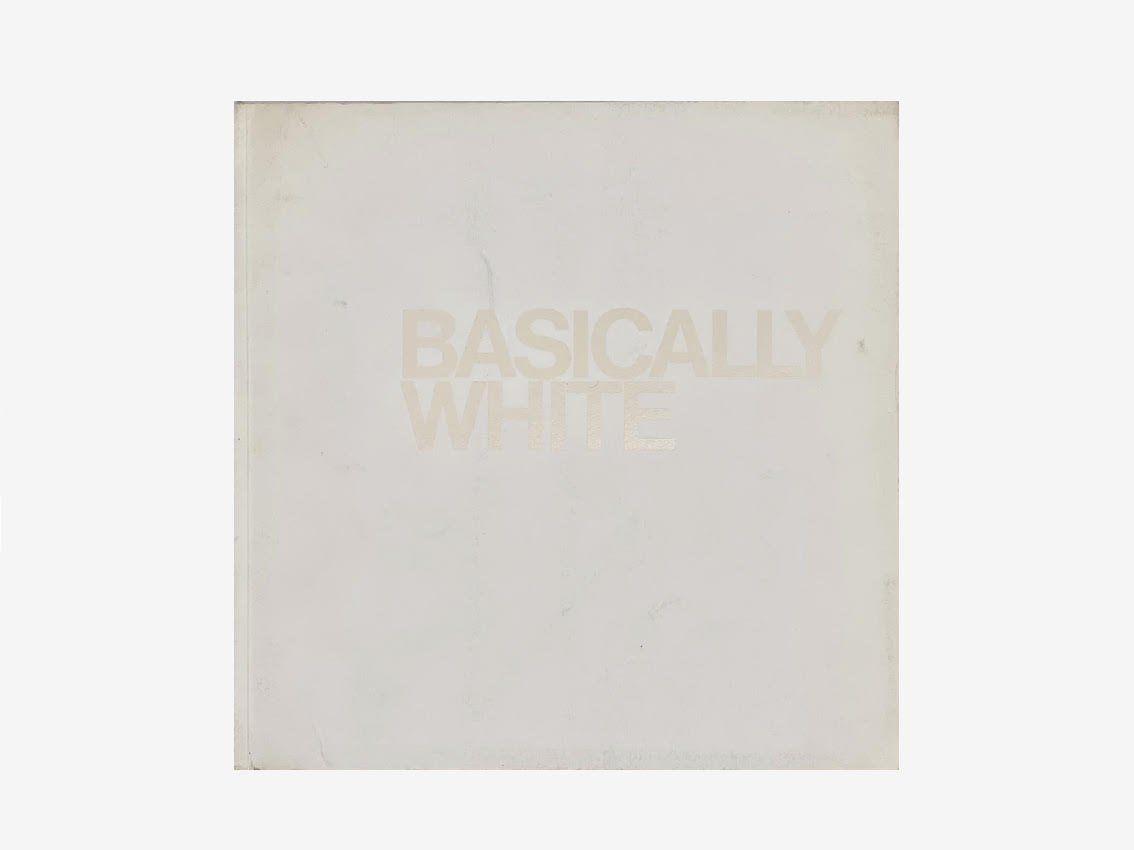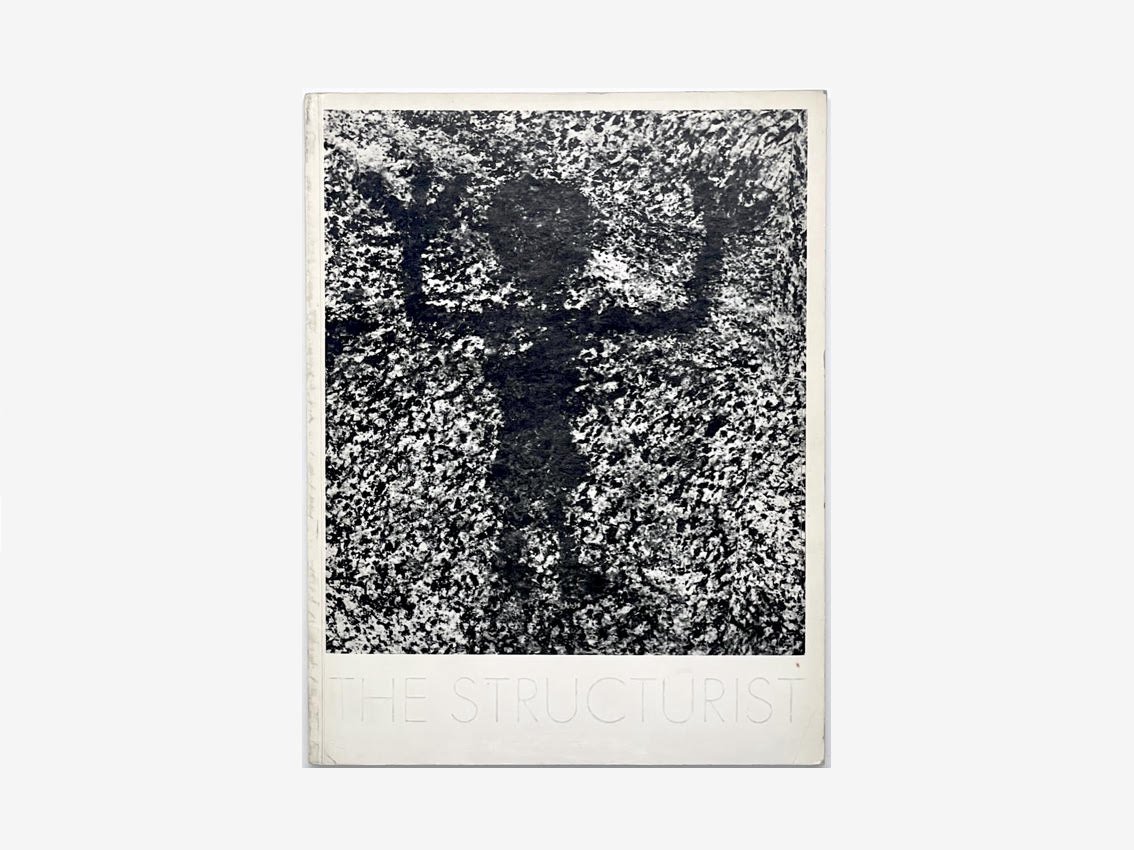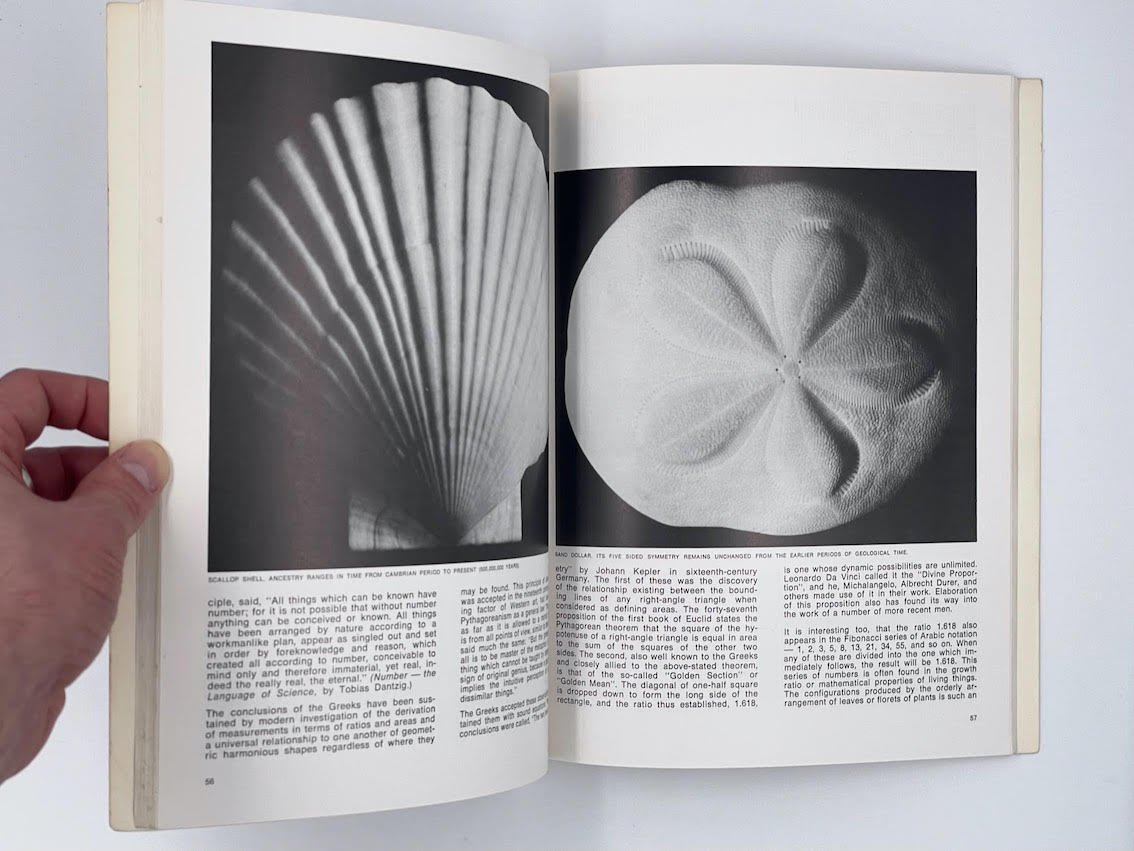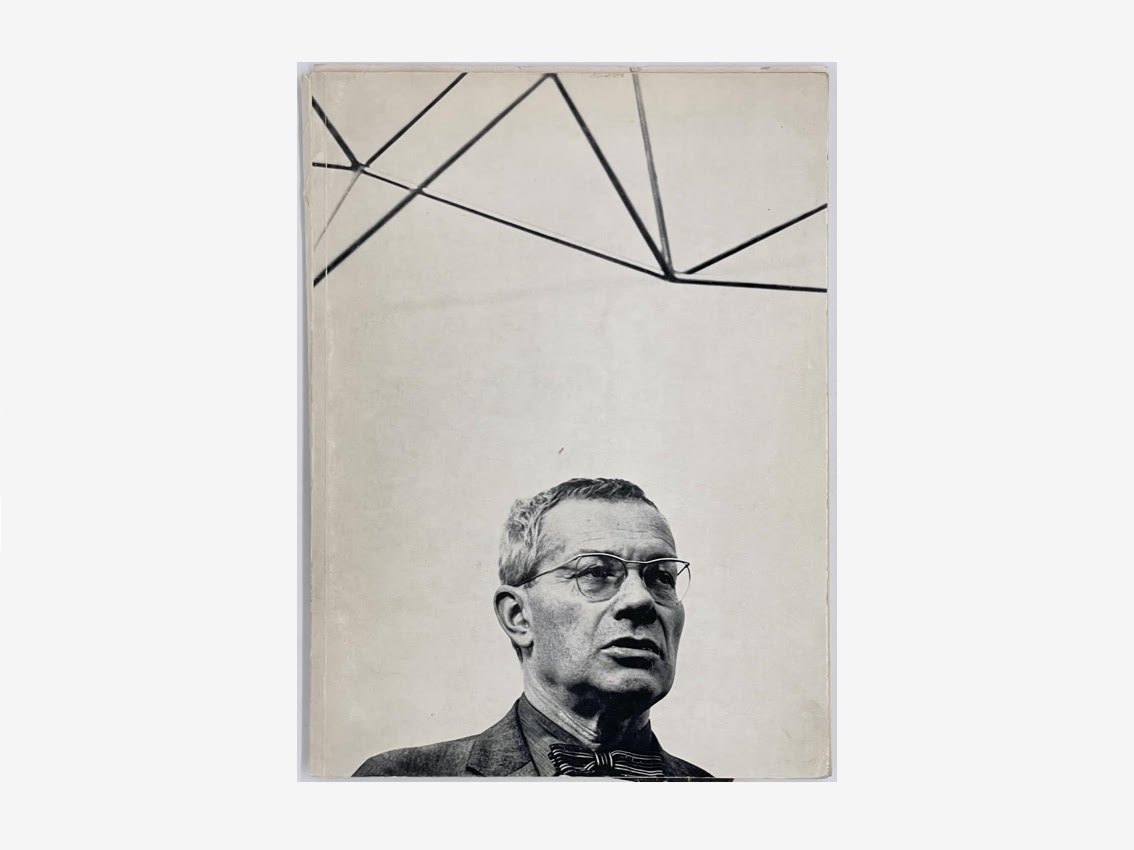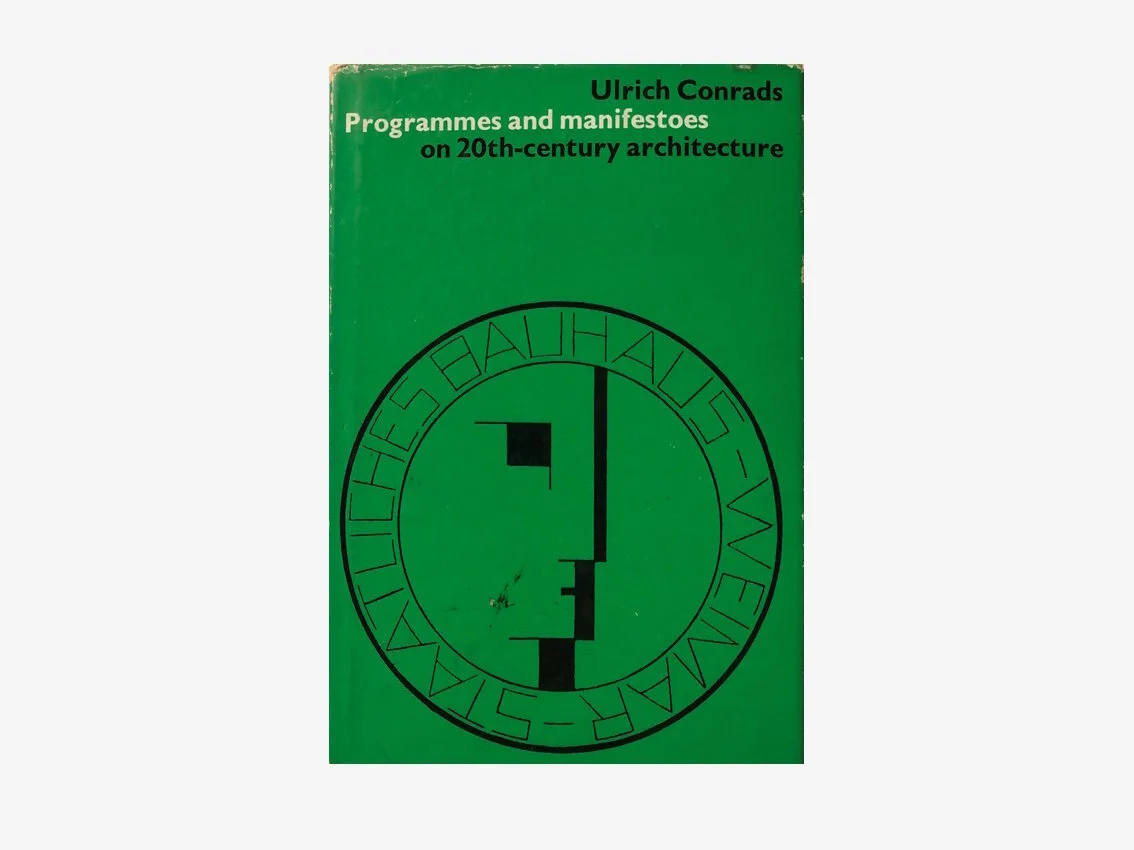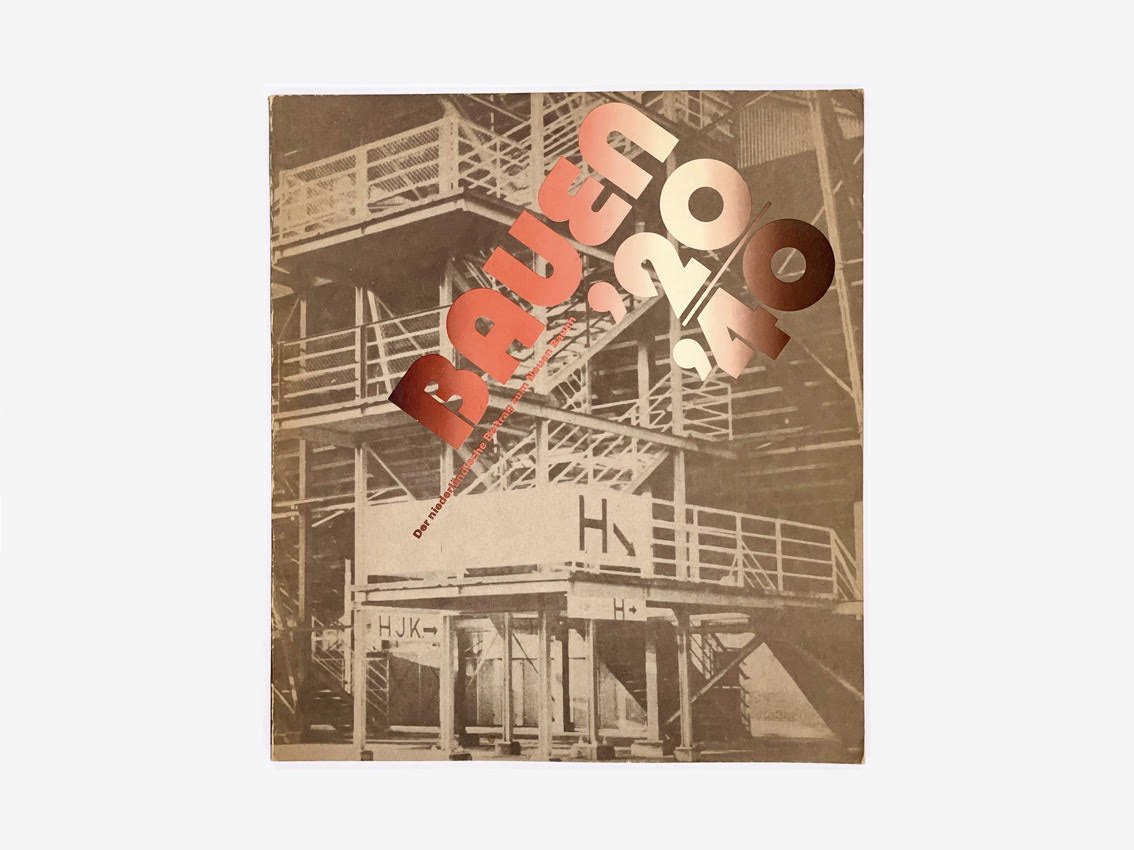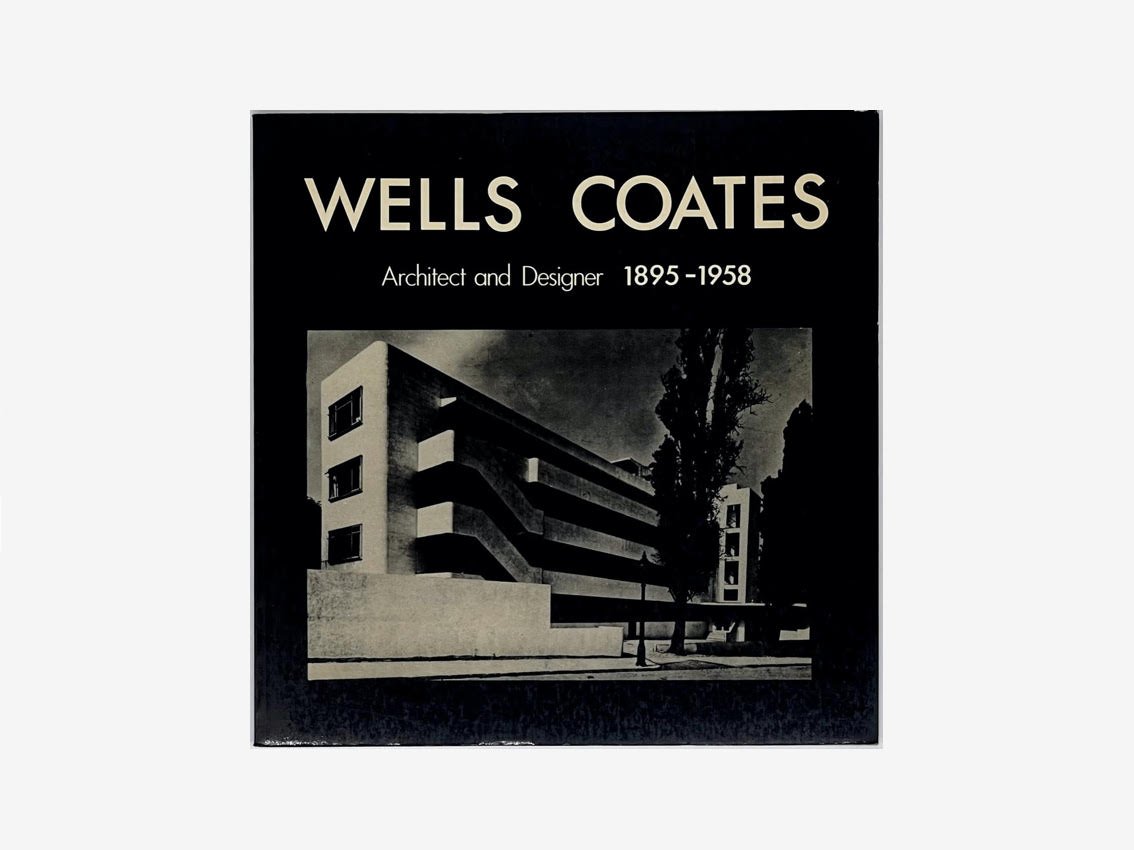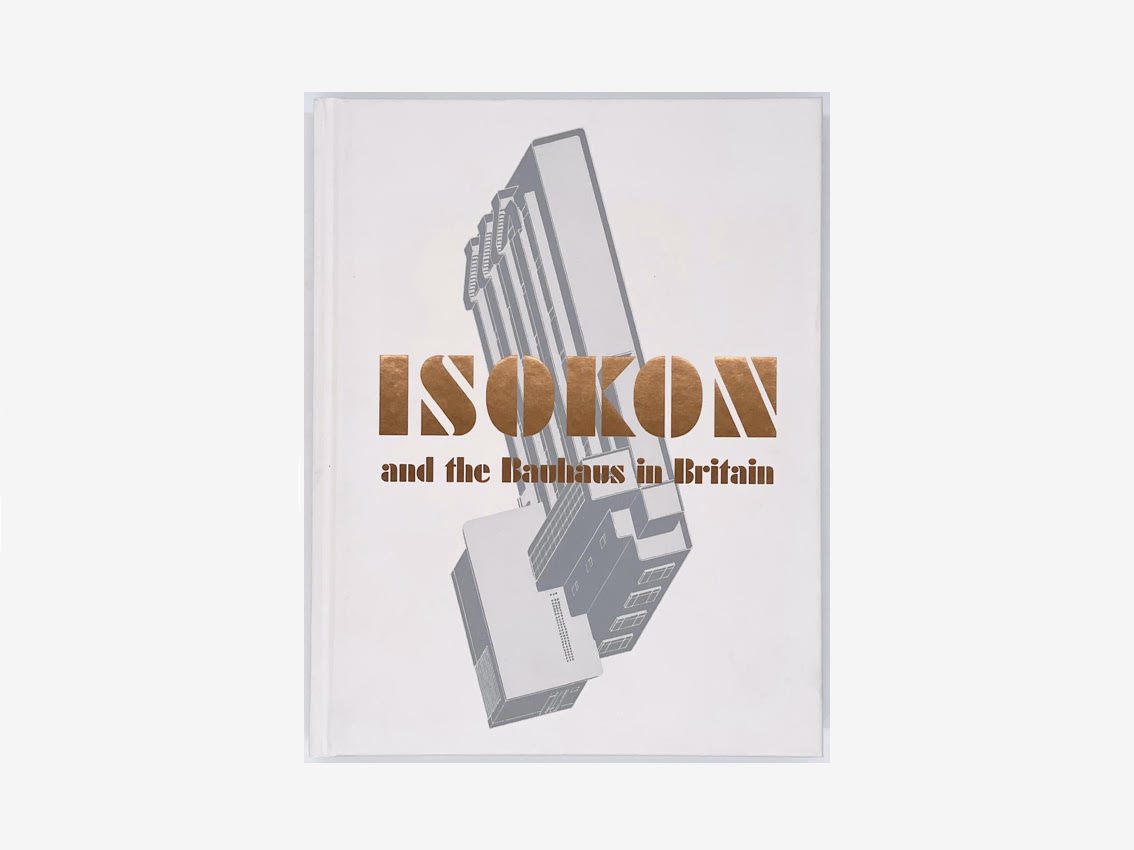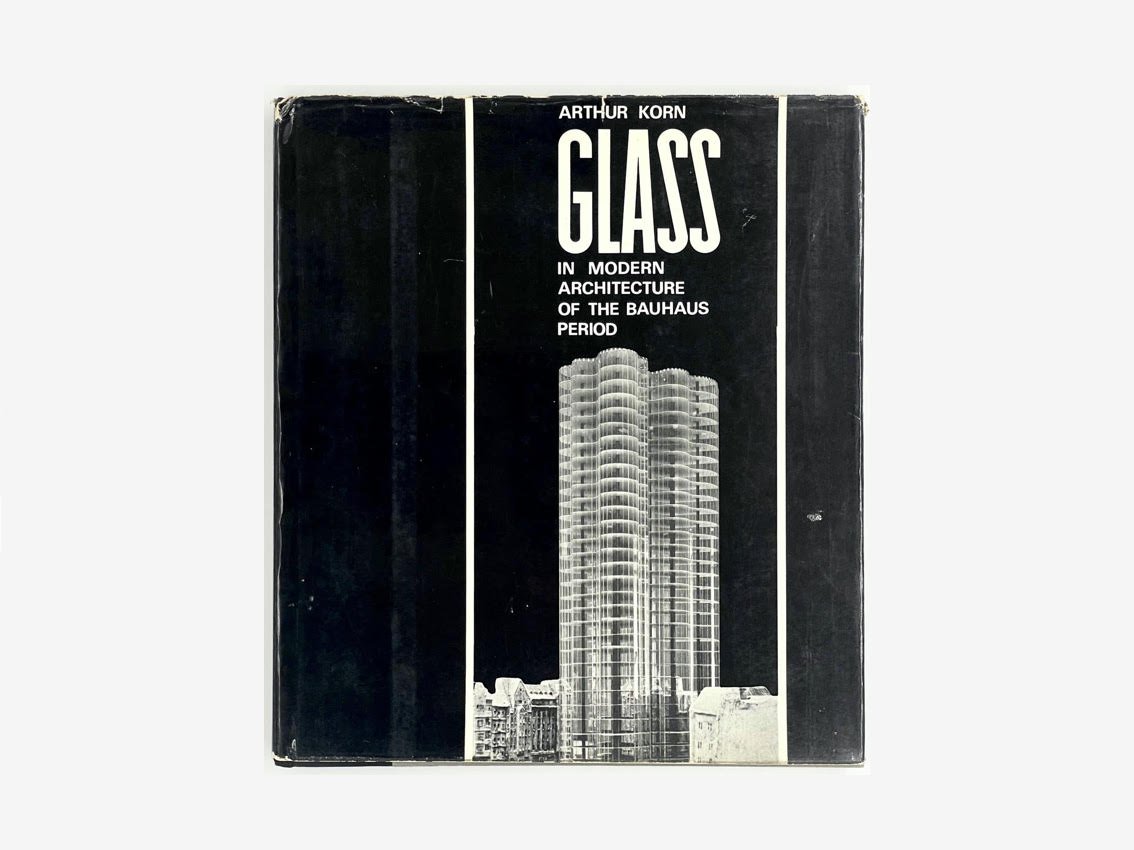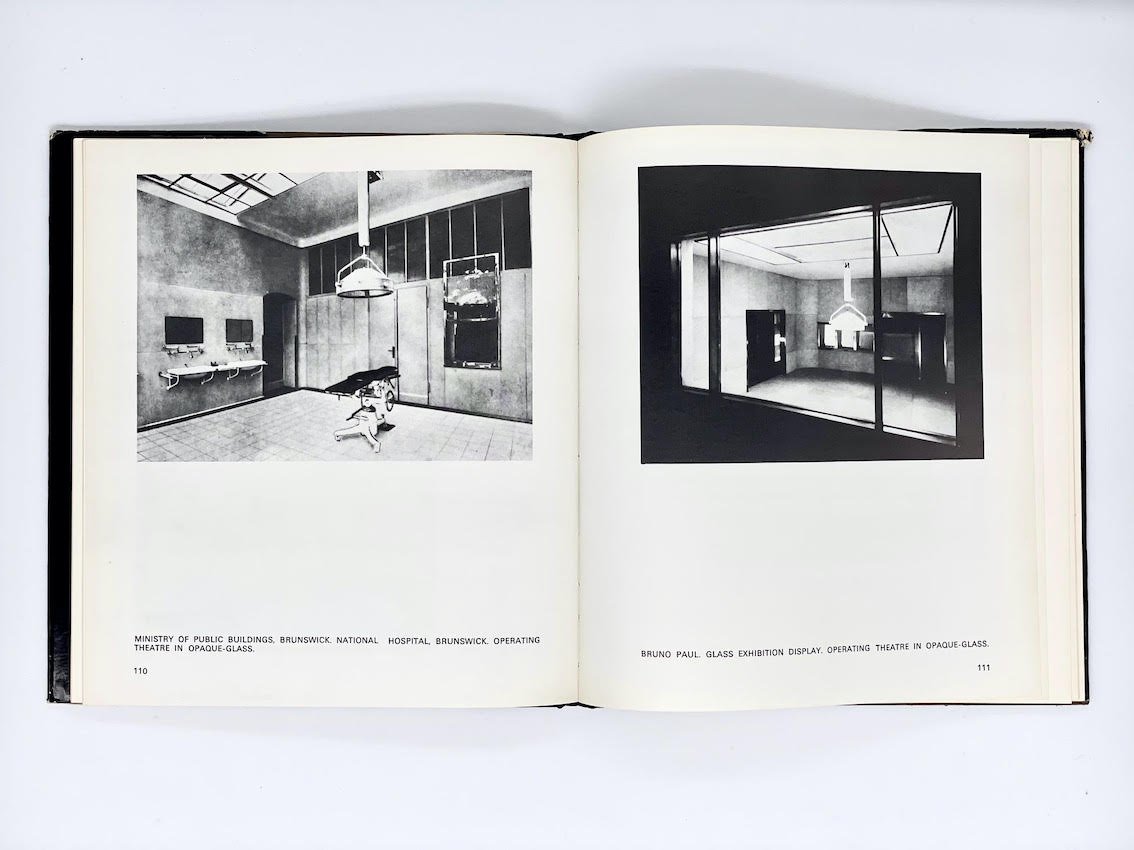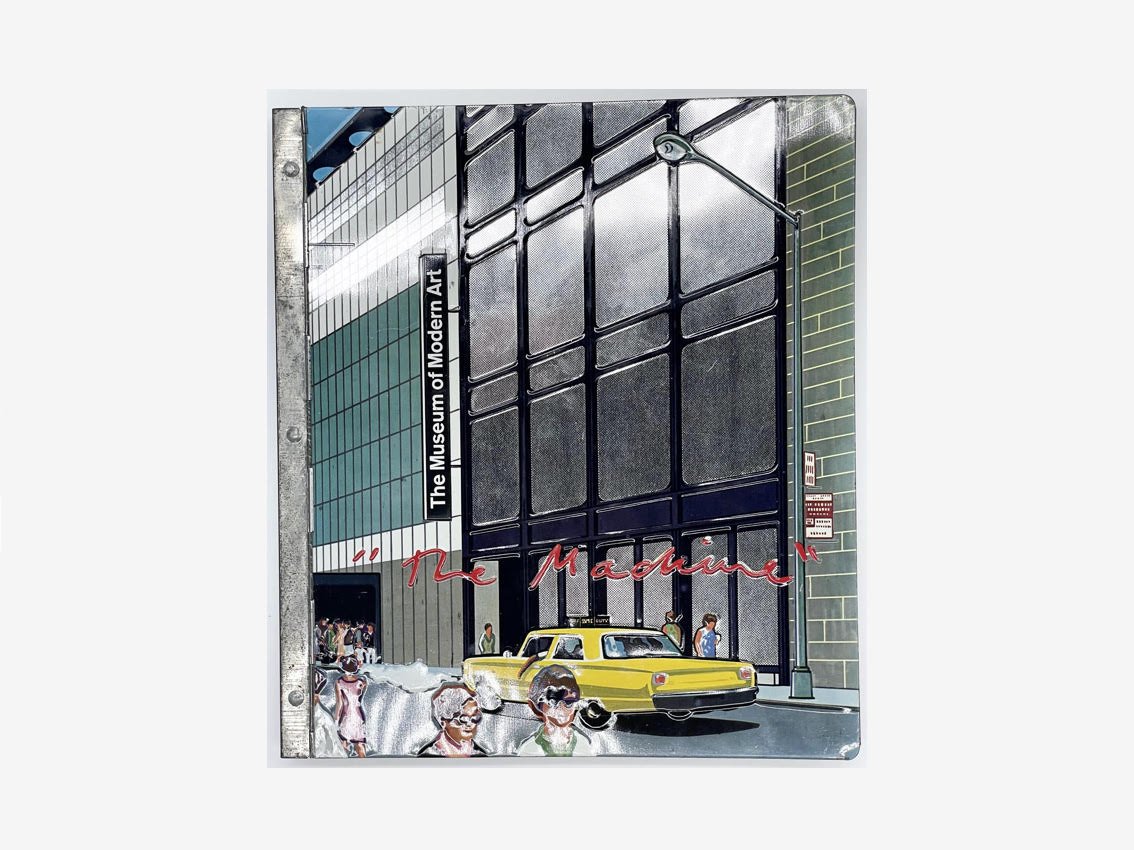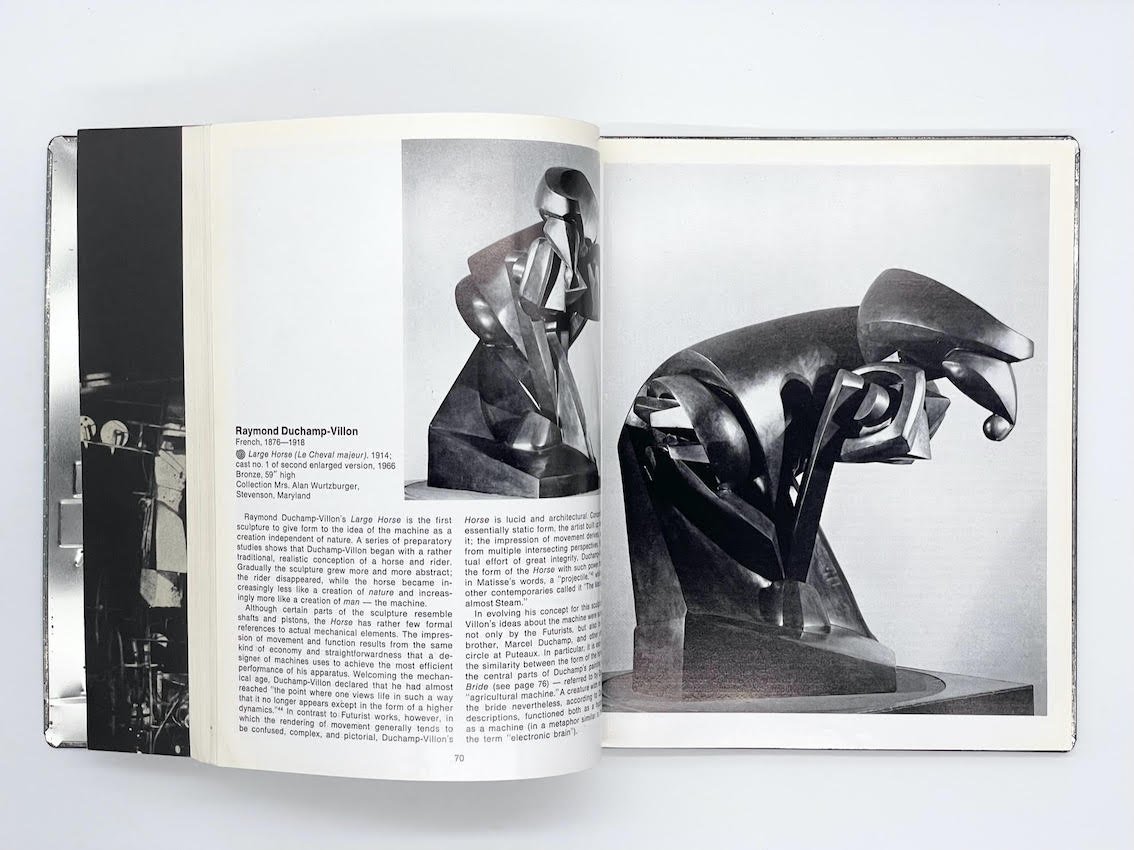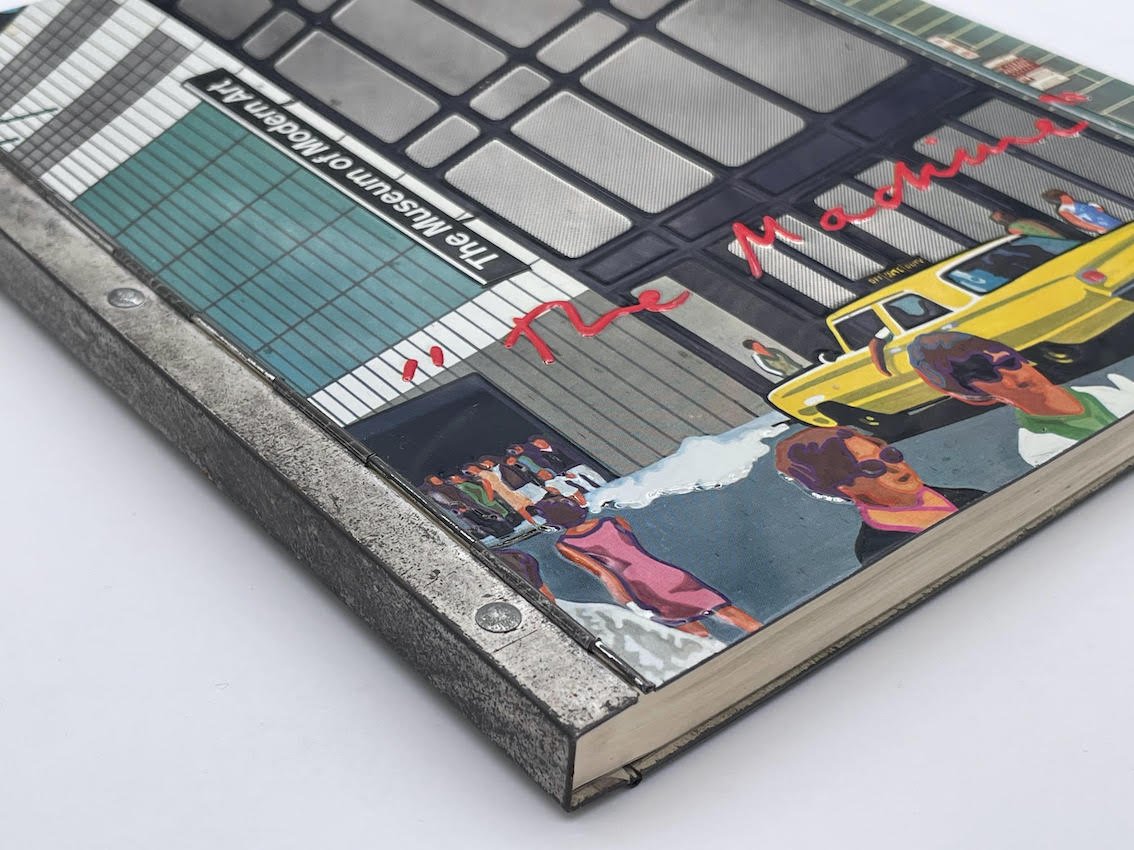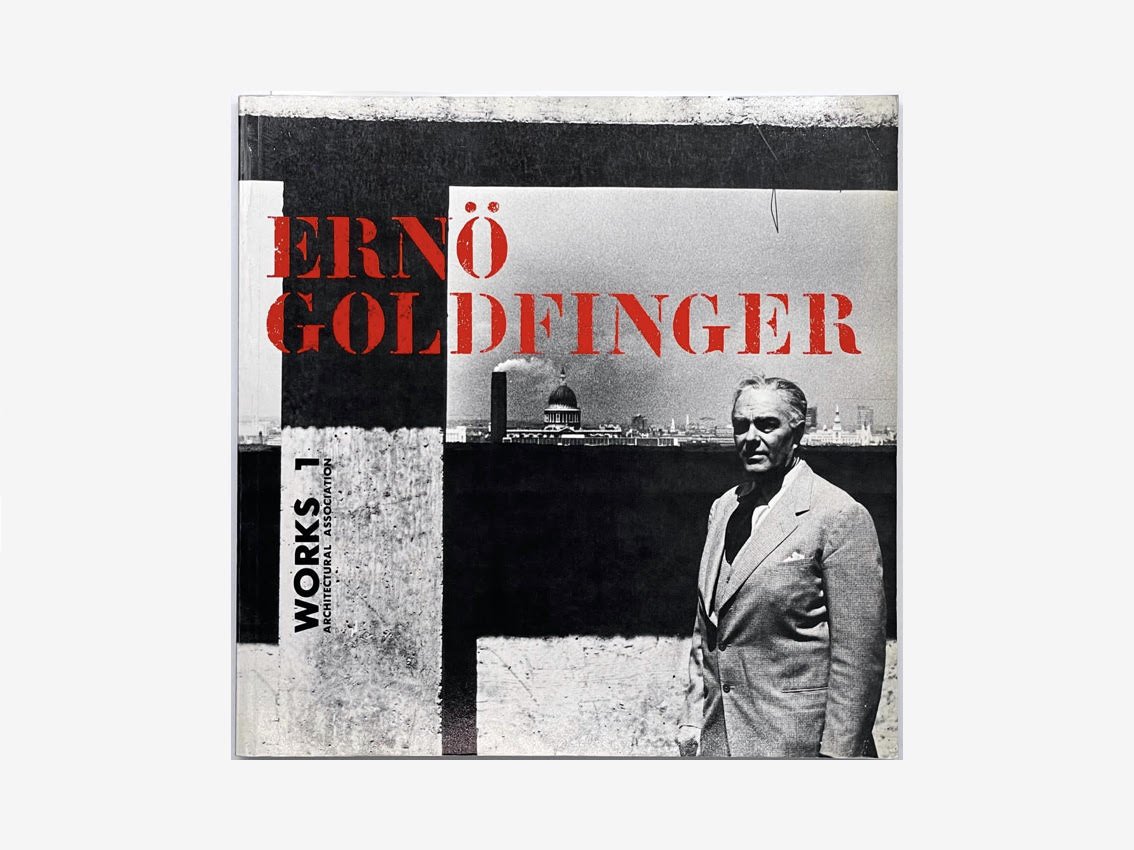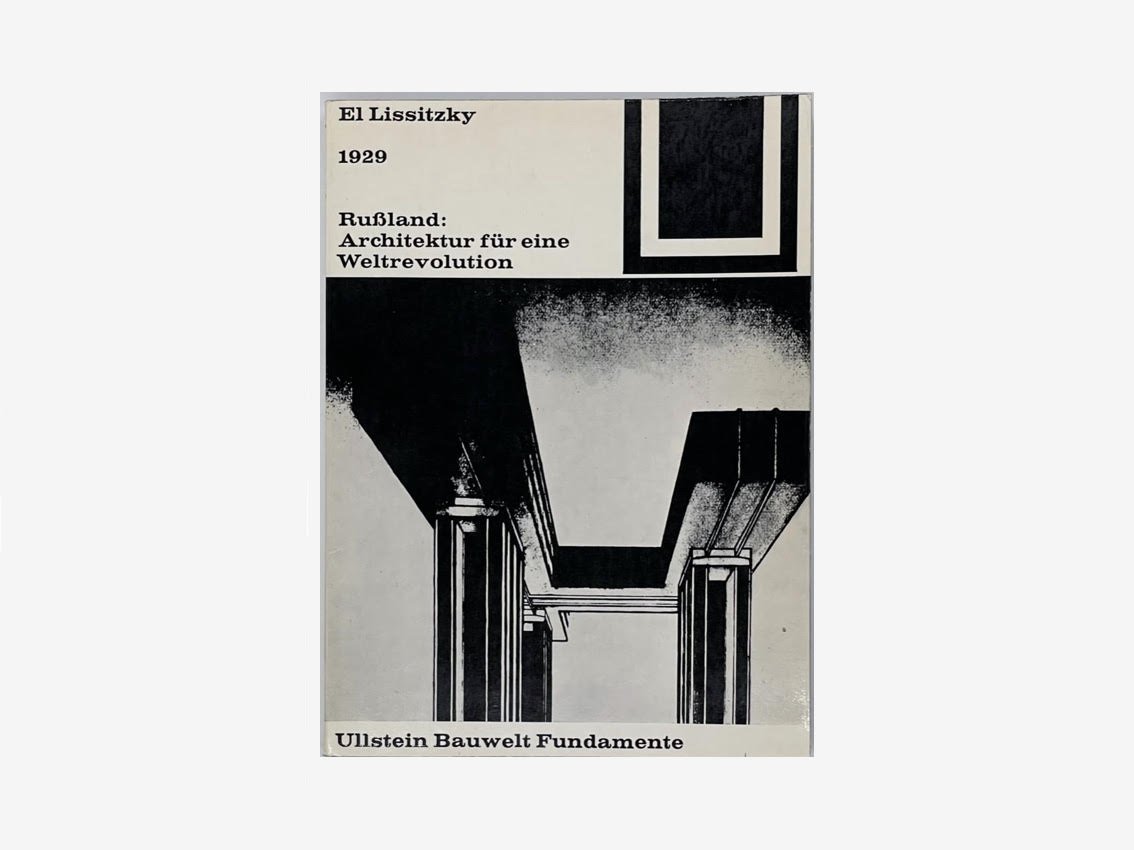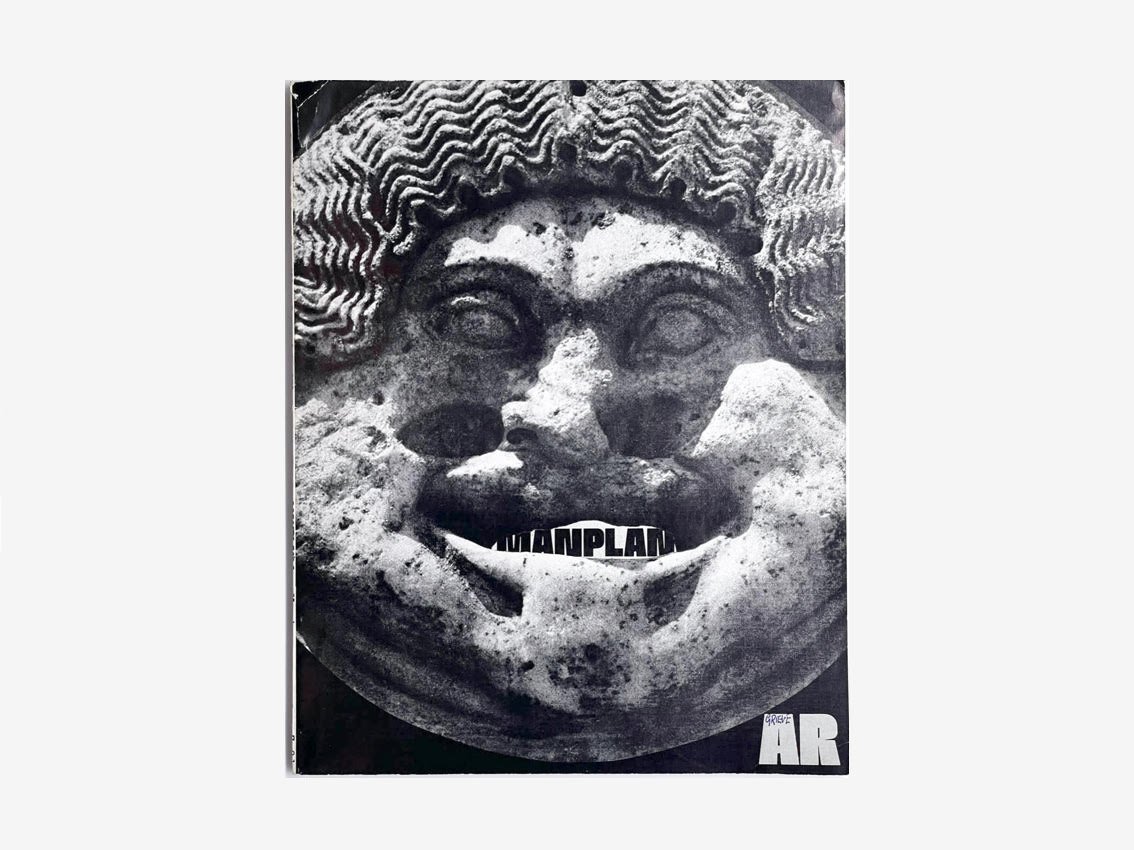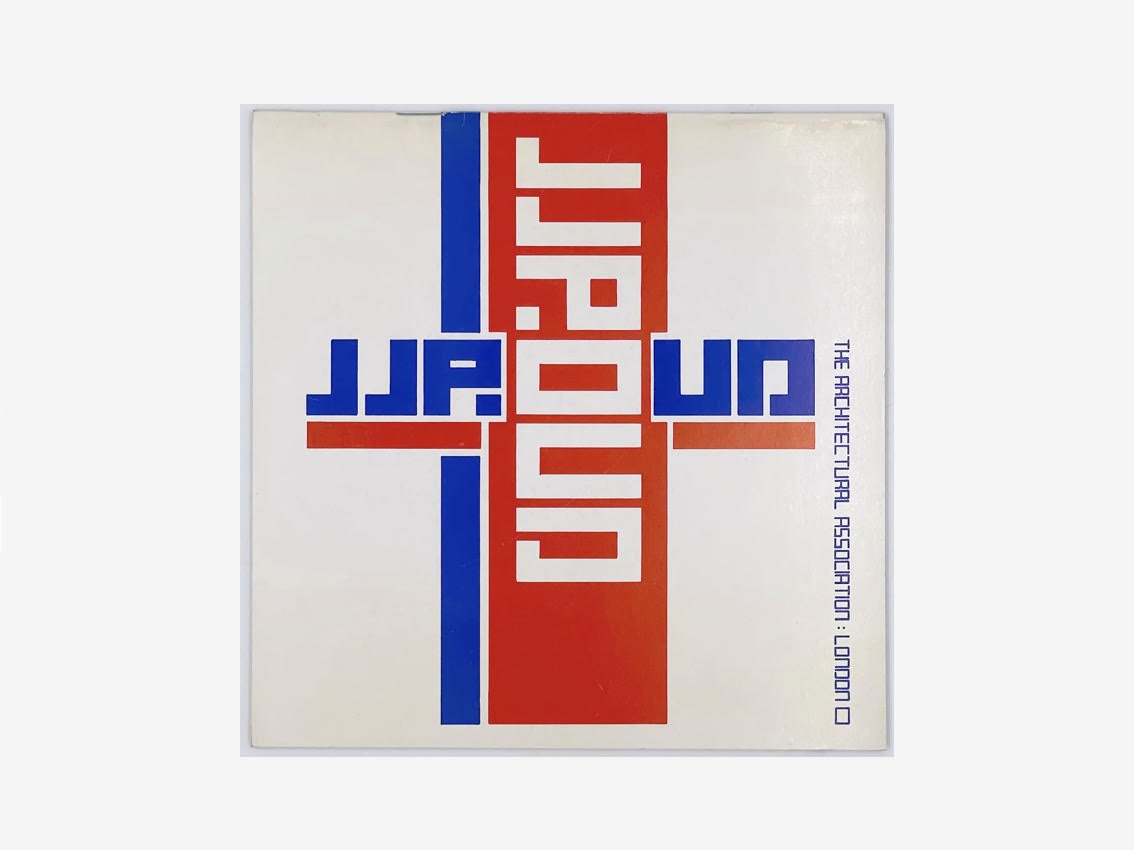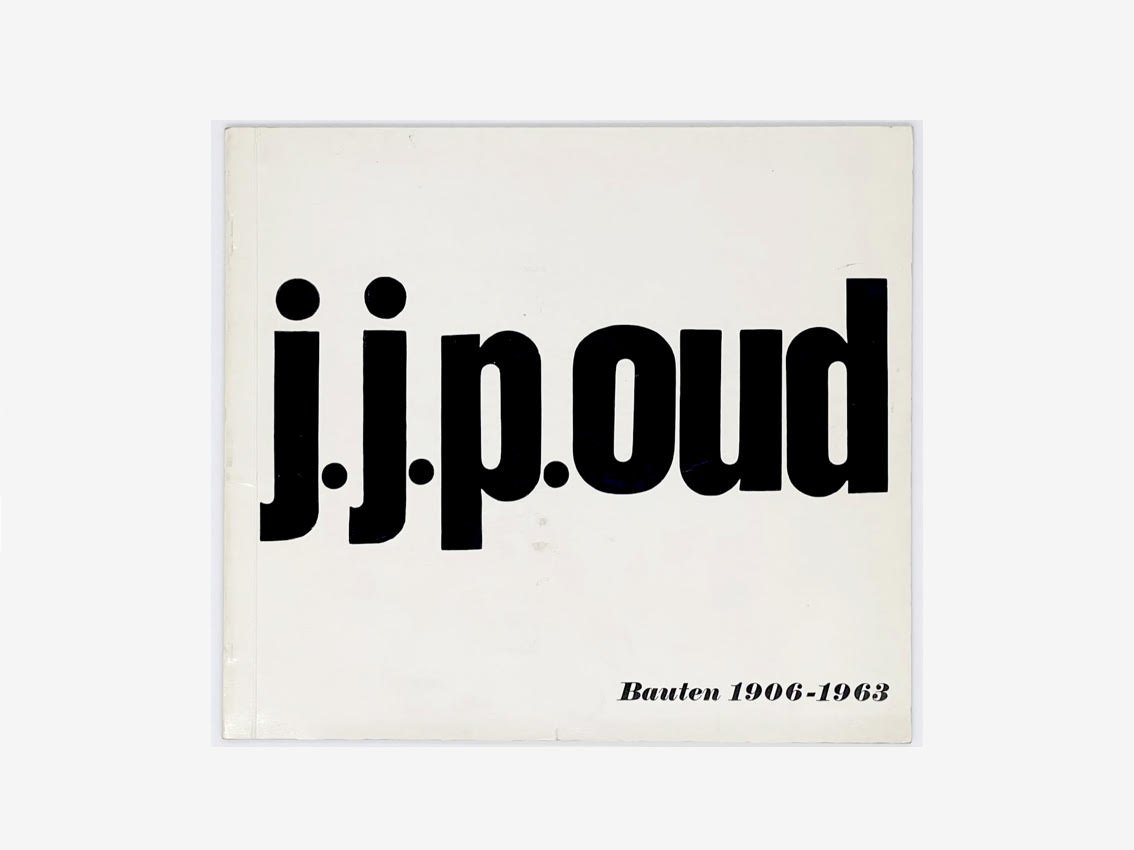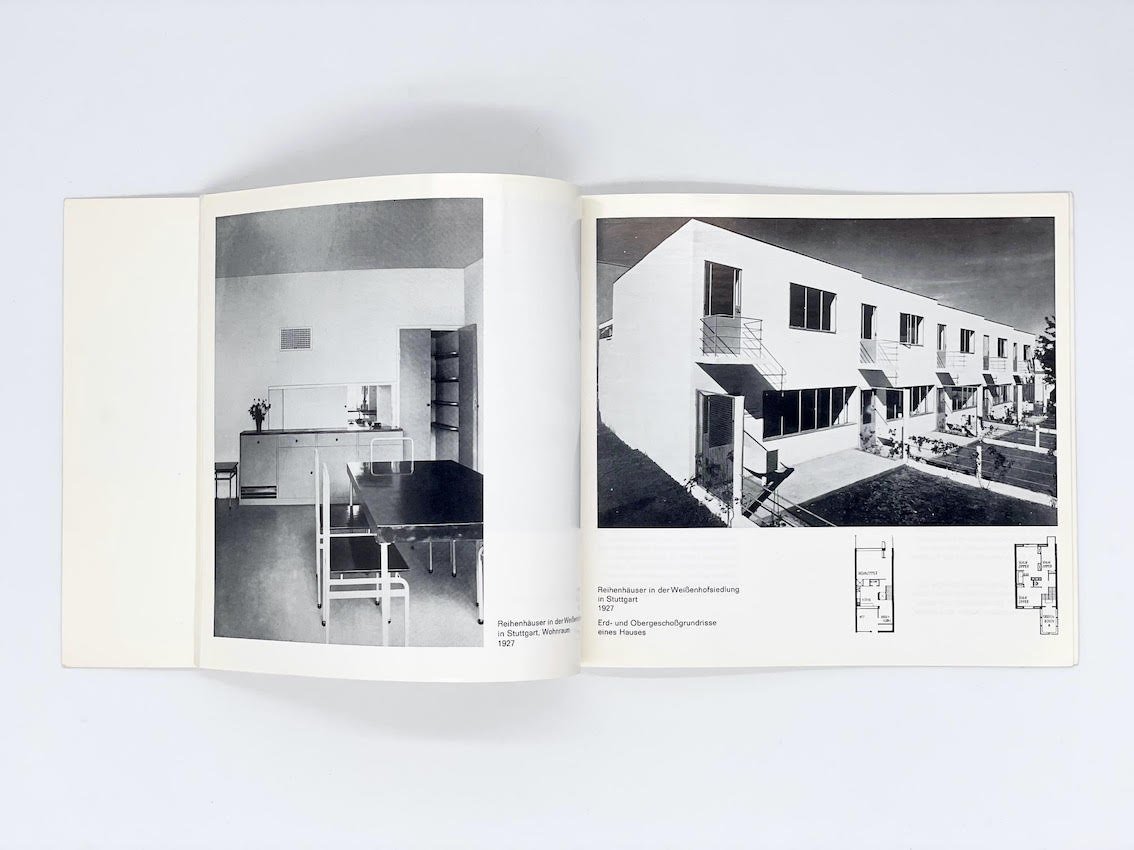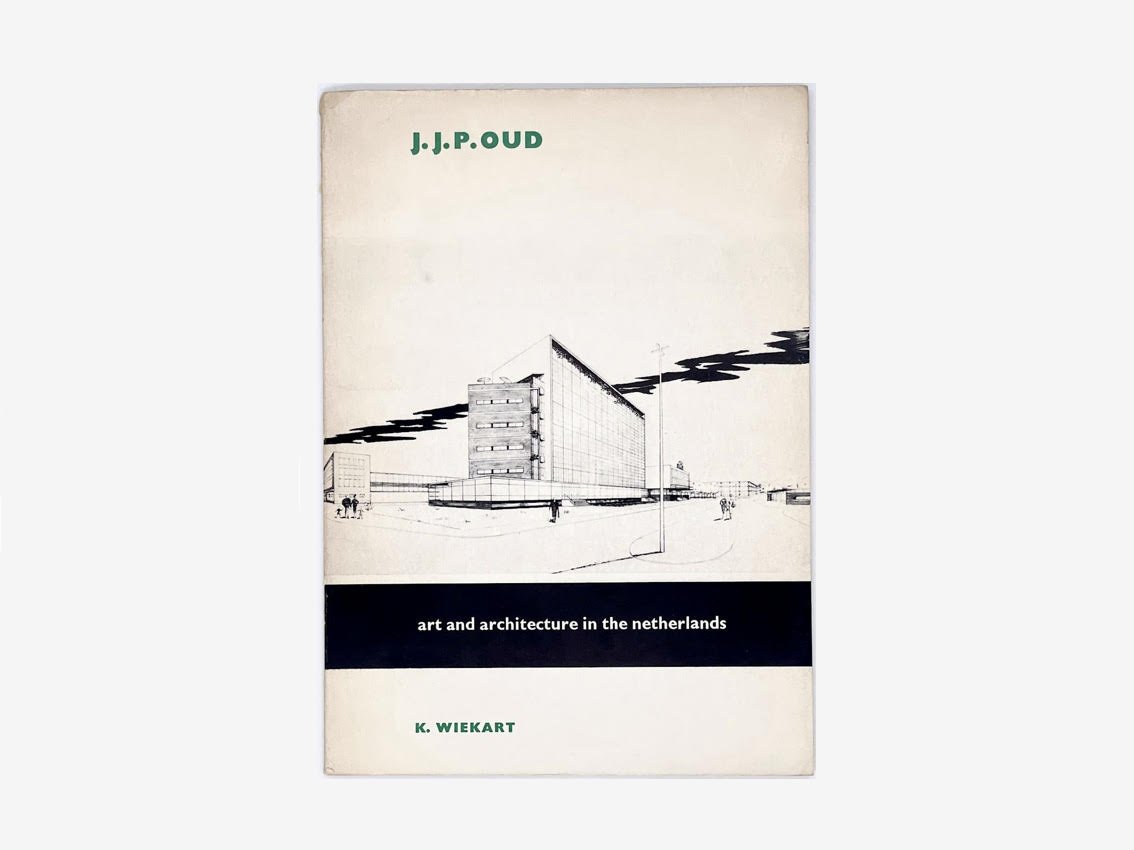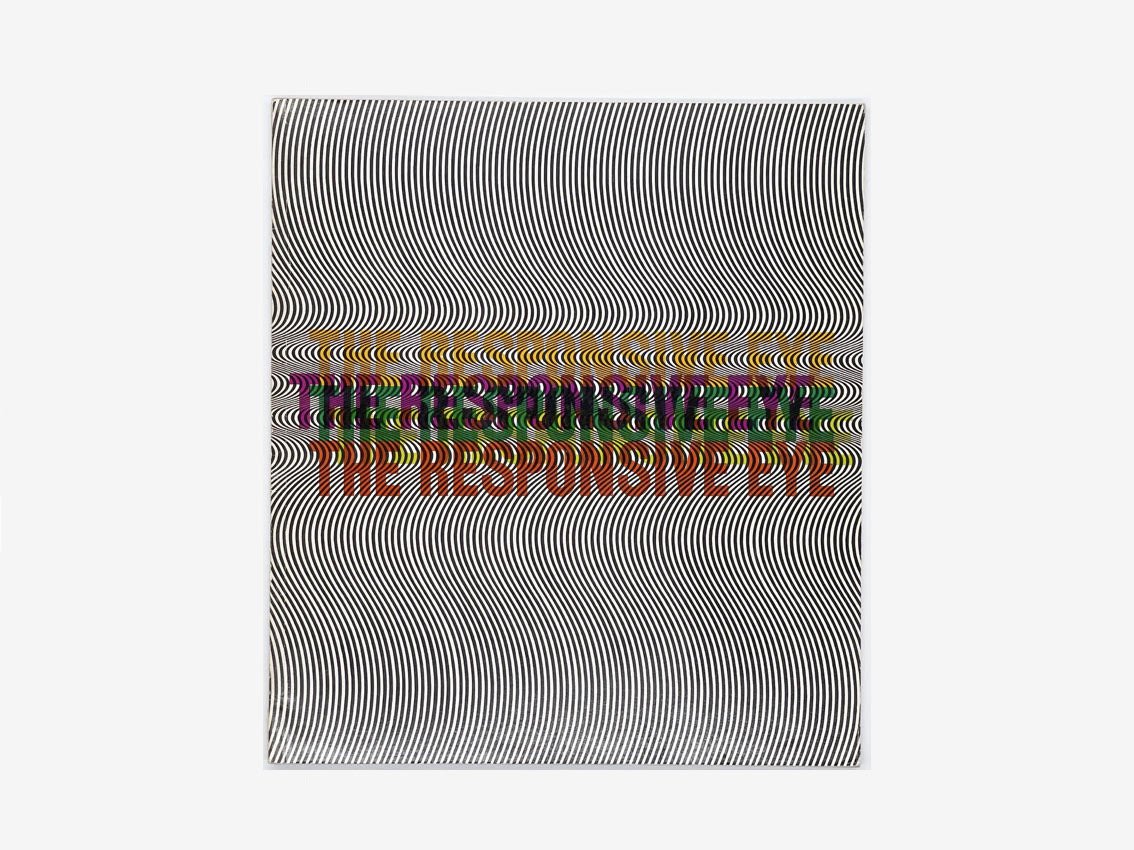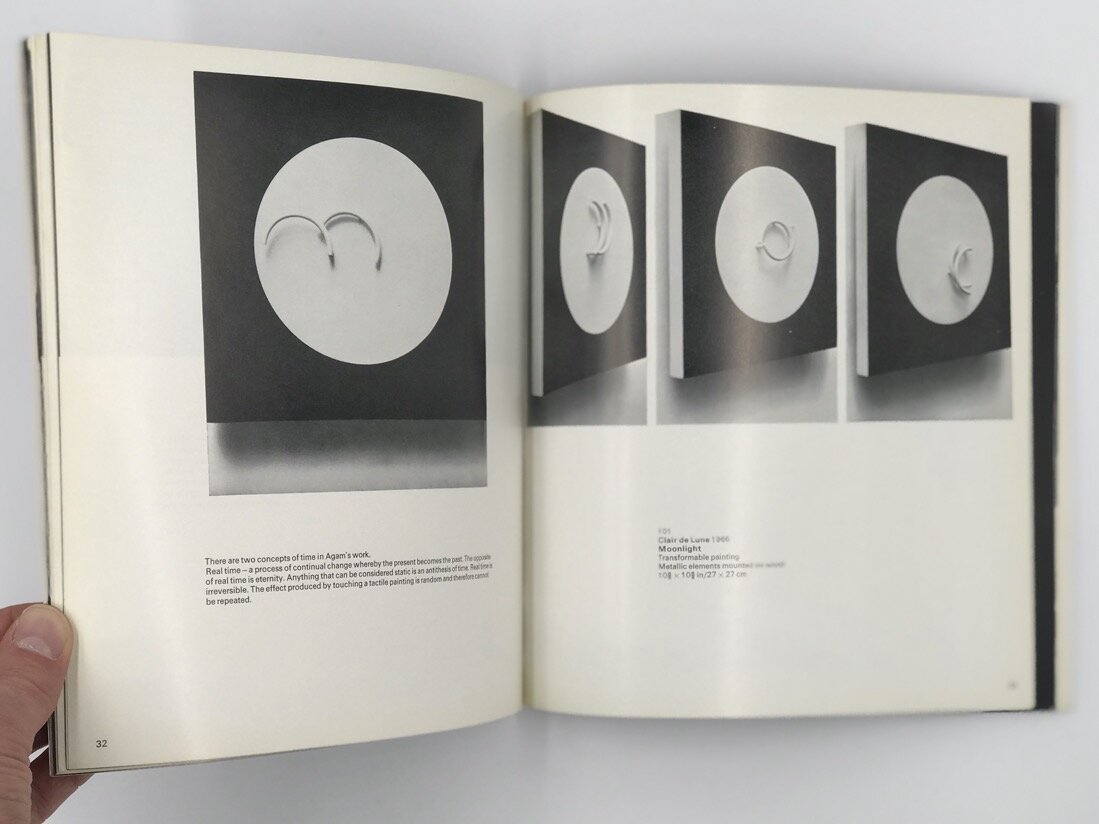The Art Library of
Dr Alastair Grieve.
Part 2
The Constructive Tendency
Manifestations of what Naum Gabo called ‘the Constructive’ tendencies in art were varied and numerous in Europe during the first half of the Twentieth-century. Many artists then and since, including artists working in post war Britain, took aspects of Constructivism, Suprematism and de Stijl and interpreted them in the light of their own interests and contexts. Part 2 of the Library of Dr Alastair Grieve focusses on this constructive tendency within Twentieth-century art.
Dr Grieve began developing the University of East Anglia Collection of Abstract and Constructivist Art, Architecture and Design in 1968. The UEA collection began in response to the architecture of the University of East Anglia’s bold concrete campus. Opened in 1962, the UEA campus was designed by Denys Lasdun, a student of Wells Coates whose interest in Isometric Unit Construction alluded to ideas promoted by the Russian Constructivists.
Constructivism forms one of the hearts of Dr Grieve’s library, which was expanded and enriched over five decades in parallel with the growth of the UEA collection. This selection from Dr Grieve’s private library, for sale and listed below, incorporates art, architecture and design material. It includes art catalogues published by Annely Juda Fine Art in London who pioneered the exhibiting of European Constructivism in Britain; scarce ephemera from Lucy Milton Gallery, a centre for international constructed art in London in the 1970s; a near complete run of the 1980s journal, Constructivist Forum, published by artists Nathan Cohen and Tim Johnson ; rare catalogues published by Jean Spencer, the one female founding member of the Systems Group; as well as architecture and design books from El Lissitzky’s ‘An Architecture for World Revolution’ to Le Corbusier’s ‘Vers Une Architecture’.
Above: Victor Pasmore from “The Developing Process”


